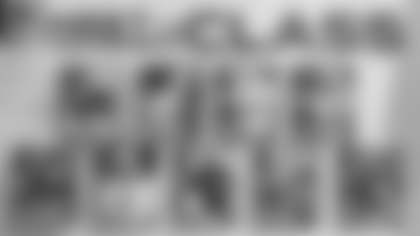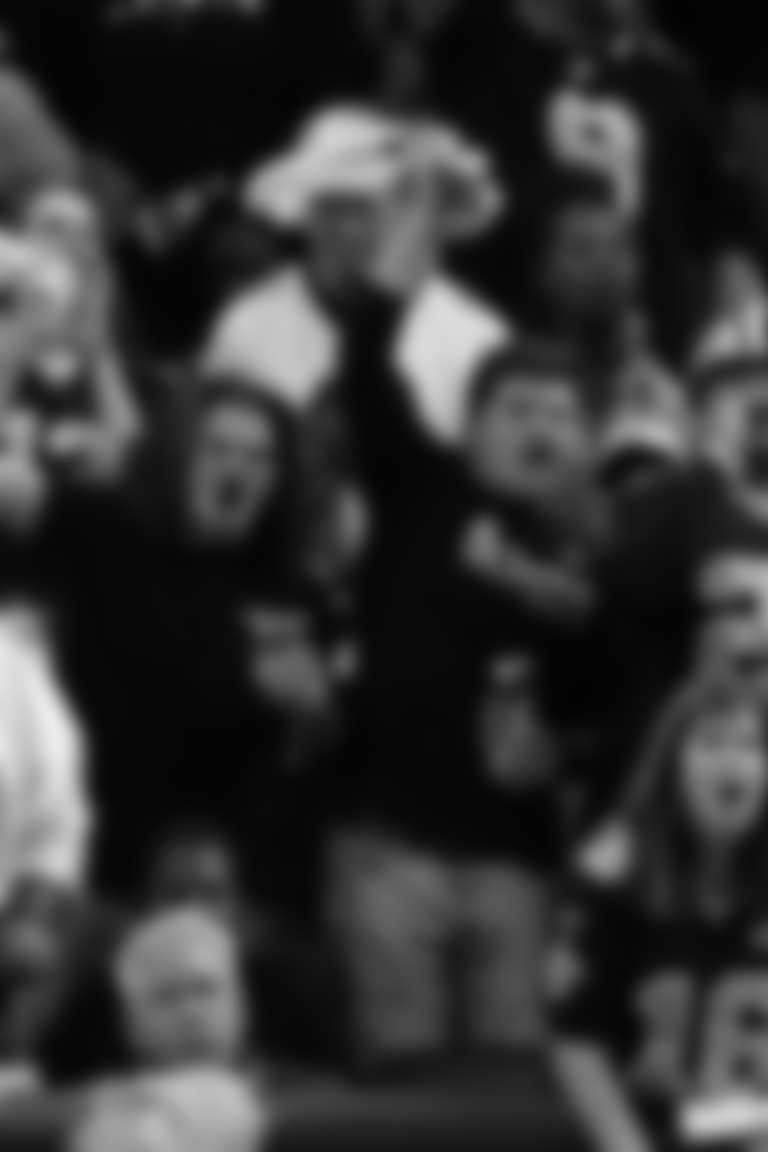Before Deuce McAllister could rise to the top rungs for the New Orleans Saints and become one of the most beloved players in franchise history, the running back first had to fall to them in the NFL Draft 20 years ago today, April 21, 2001.
McAllister expected to be picked in the top 15; New Orleans' first-round selection was at No. 23.
But McAllister's small tumble was fortuitous for the Saints, who snapped him up even though they had a top-caliber running back in Ricky Williams, who was the team's first-round pick – its only pick – in the draft two years prior. McAllister would finish his nine-year career with 1,429 carries for 6,096 yards (both tops in team history) and 49 rushing touchdowns (second-most in team history).
NewOrleansSaints.com writer John DeShazier caught up with McAllister to talk about his draft experience.
DeShazier: Reflectiing on when you were drafted, what do you remember most about that night?
Deuce: Well, you've got to remember, mine was the daytime. I was before prime time, before the Thursday shift. It was just a Saturday-Sunday draft day for me. And really, for myself, I got invited to New York and I declined the opportunity to go to New York. And one of the reasons in doing so was, I didn't have a guarantee in the top 10 picks. There had been a couple of players, maybe one or two years before, that didn't get picked. And back then, the first-rounders – that was 15 minutes. And so, you talk about just sitting in that green room for 15 minutes (between picks), I didn't want to be in that situation. And so, when I didn't get a guarantee of being picked in the first 10 picks, I just decided, hey, look, I would rather be home with my family and try to enjoy it from that standpoint. Because that's going to be a long, long day if team takes the average 12 minutes per pick. That's a lot of sitting, and even though we didn't have a lot of camera phones back then, one camera was too much, particularly if you're uncomfortable.
DeShazier: So, did that, in fact, make it more comfortable? Were you more at ease that way?
Deuce: No. Not after the first five picks, I wasn't (laughing). I mean, because at that point, a couple of the teams that I had visited with had already picked. The San Francisco 49ers were still on the clock as far as a team that I had visited with that was in the top 10, and the Chicago Bears were still on the clock as far as a team I had visited with in the top 10. But the other three teams, they had already picked. And so you talk about anxiety, frustration. At one point – after I think it was the Green Bay Packers picking 11 or 12 – I stopped watching. Cell phones were a little bit on the edge, but not like what you have at all today. I remember just turning my cell phone off and my agent, just telling him, 'Hey, look, you're just gonna have to page me.' You're gonna have to page me something and be able to get me in that manner, because I knew after Green Bay had picked at No. 12, there was no need for a running back for, like, maybe four or five picks. And that was true.
Take a look back on Saints Hall of Famer Deuce McAllister's career with the New Orleans Saints as we celebrate the 20-year anniversary of his Draft selection.
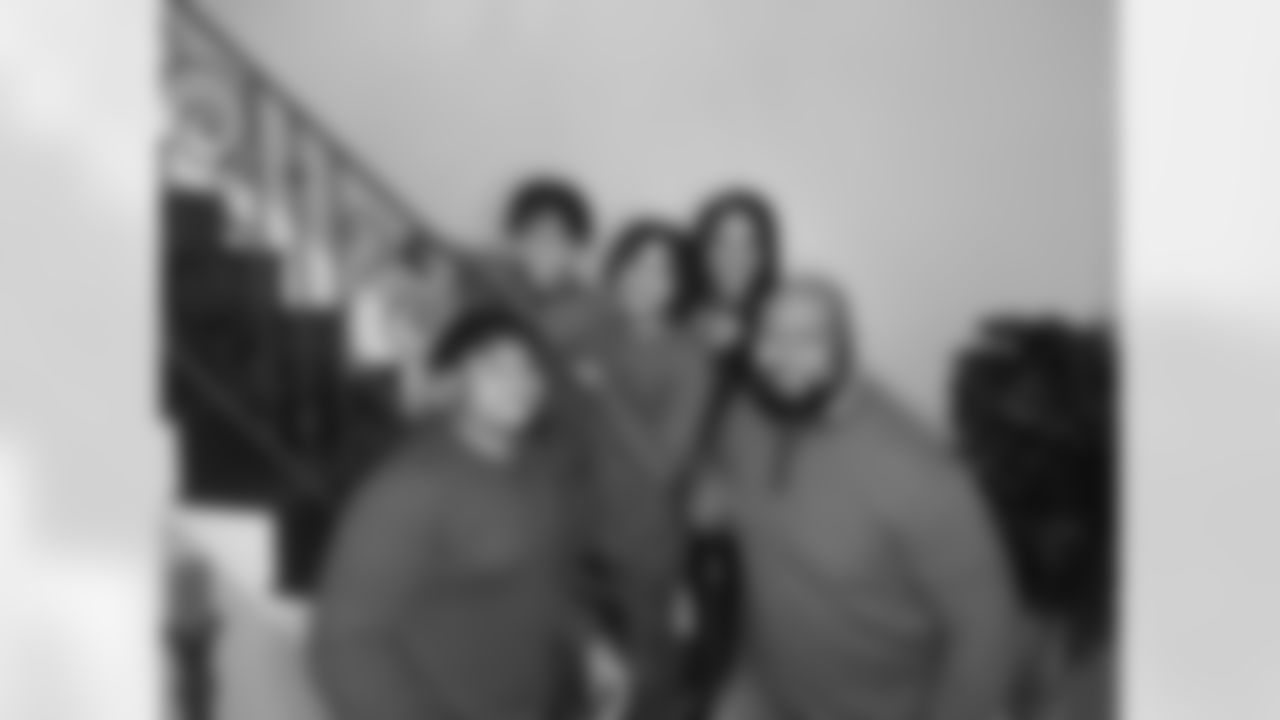
Take a look back on Saints Hall of Famer Deuce McAllister's career with the New Orleans Saints as we celebrate the 20-year anniversary of his Draft selection.
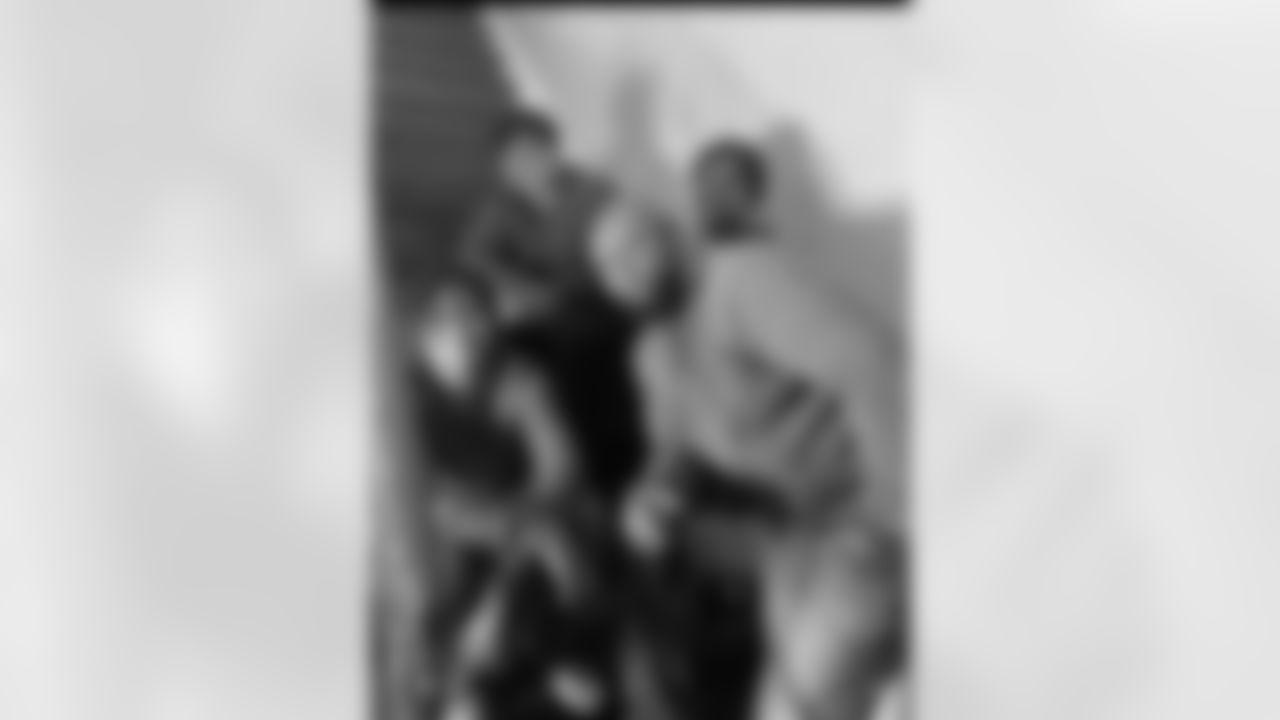
Take a look back on Saints Hall of Famer Deuce McAllister's career with the New Orleans Saints as we celebrate the 20-year anniversary of his Draft selection.
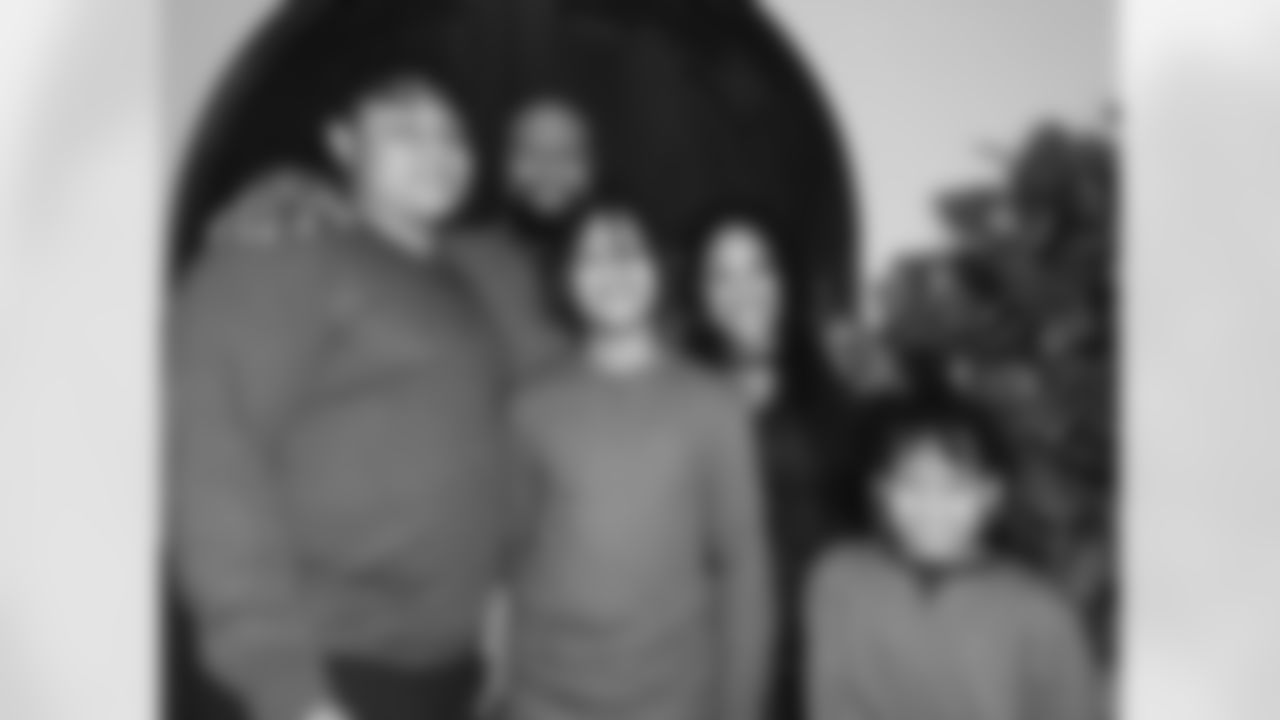
Take a look back on Saints Hall of Famer Deuce McAllister's career with the New Orleans Saints as we celebrate the 20-year anniversary of his Draft selection.
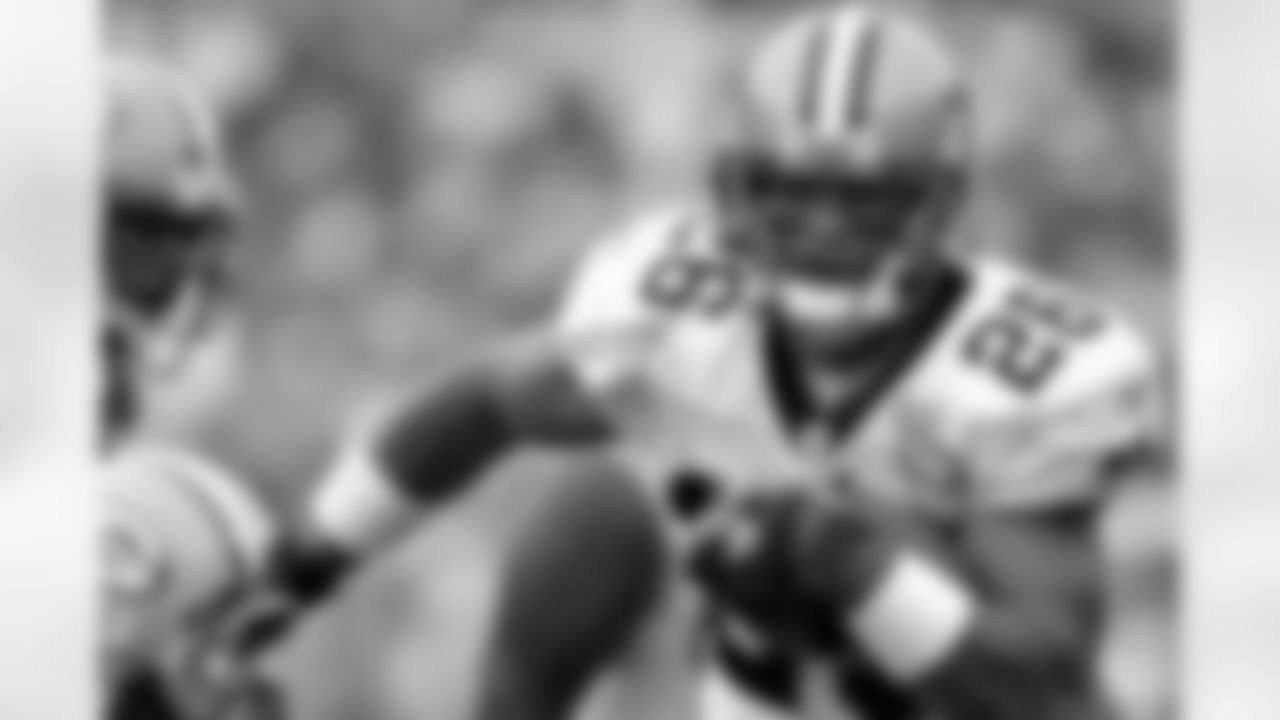
Take a look back on Saints Hall of Famer Deuce McAllister's career with the New Orleans Saints as we celebrate the 20-year anniversary of his Draft selection.
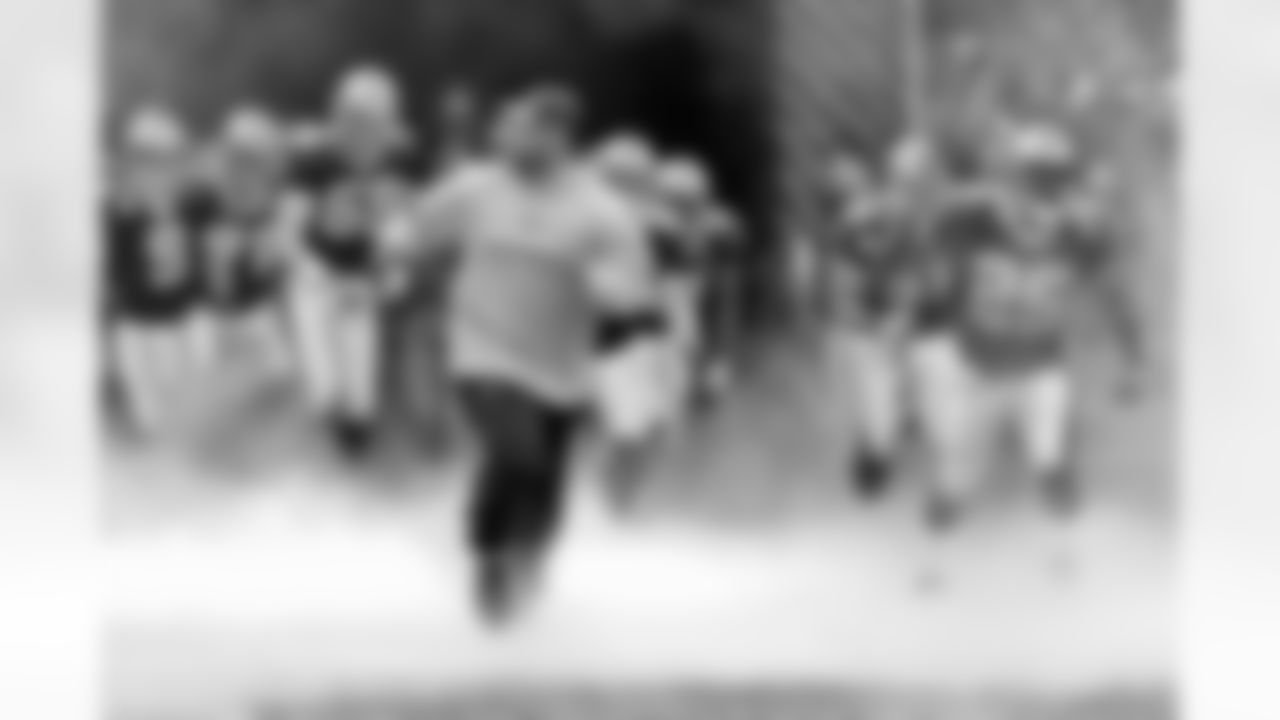
Take a look back on Saints Hall of Famer Deuce McAllister's career with the New Orleans Saints as we celebrate the 20-year anniversary of his Draft selection.
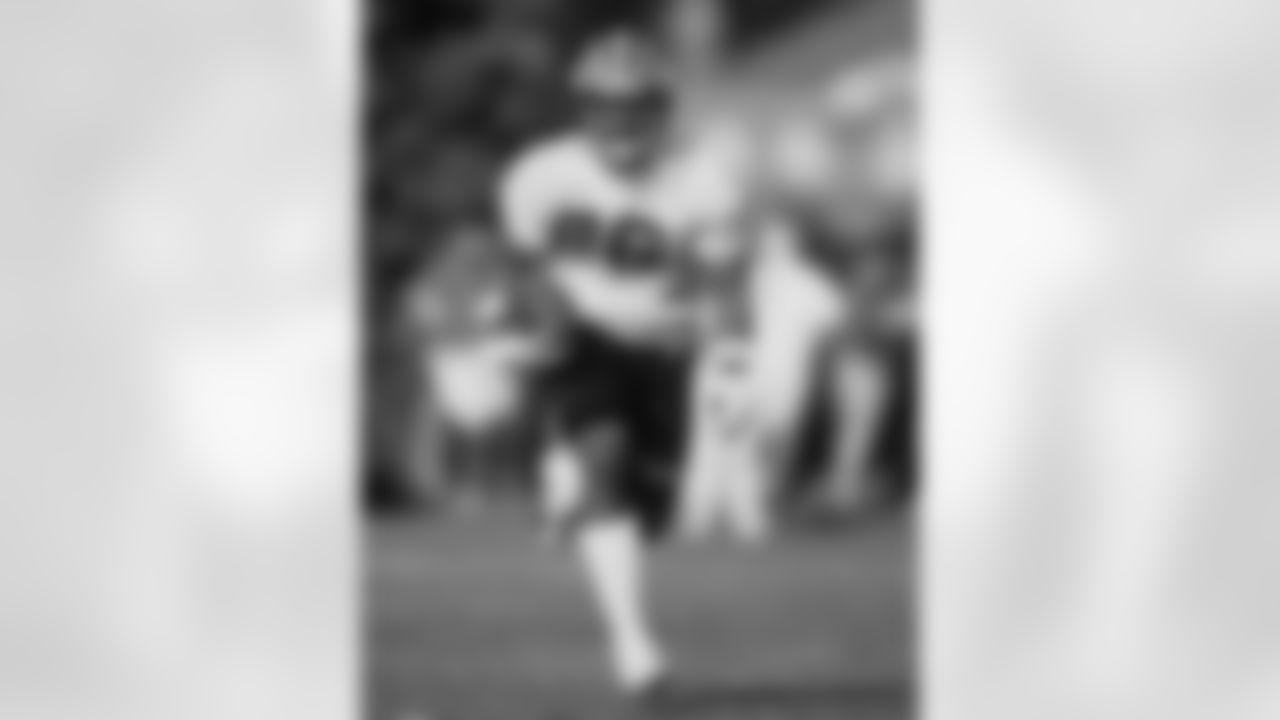
Take a look back on Saints Hall of Famer Deuce McAllister's career with the New Orleans Saints as we celebrate the 20-year anniversary of his Draft selection.
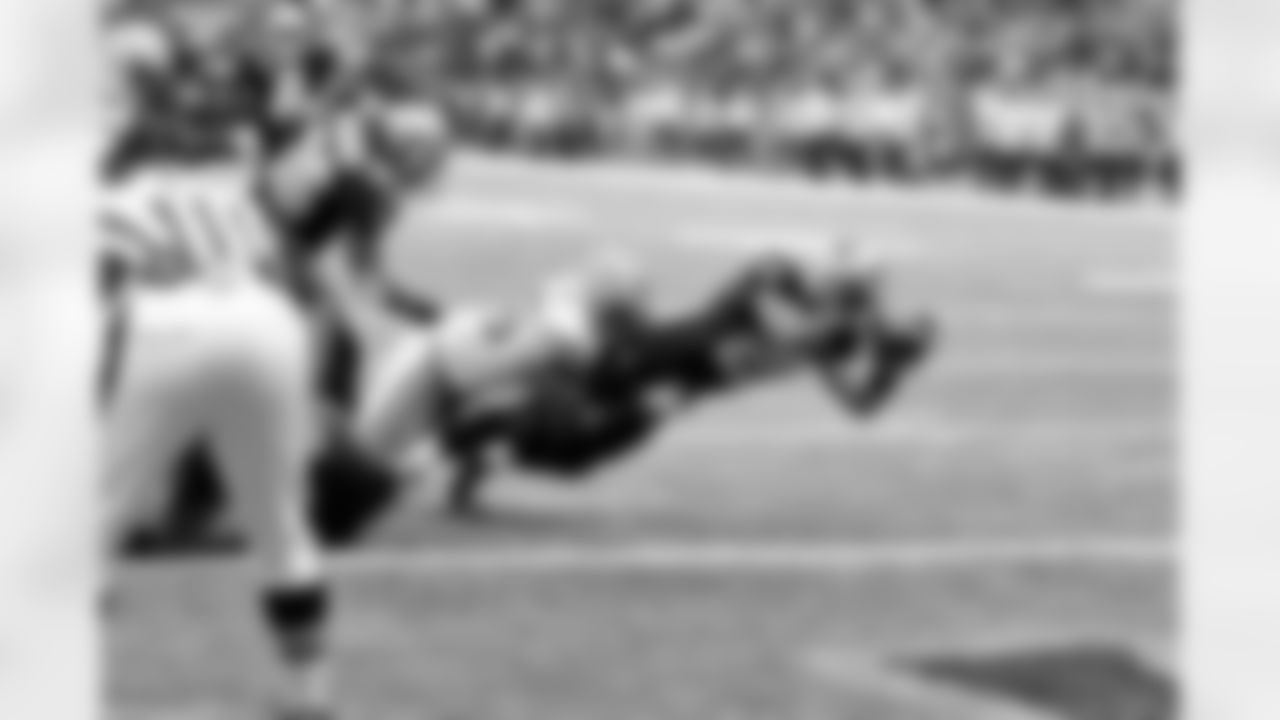
Take a look back on Saints Hall of Famer Deuce McAllister's career with the New Orleans Saints as we celebrate the 20-year anniversary of his Draft selection.
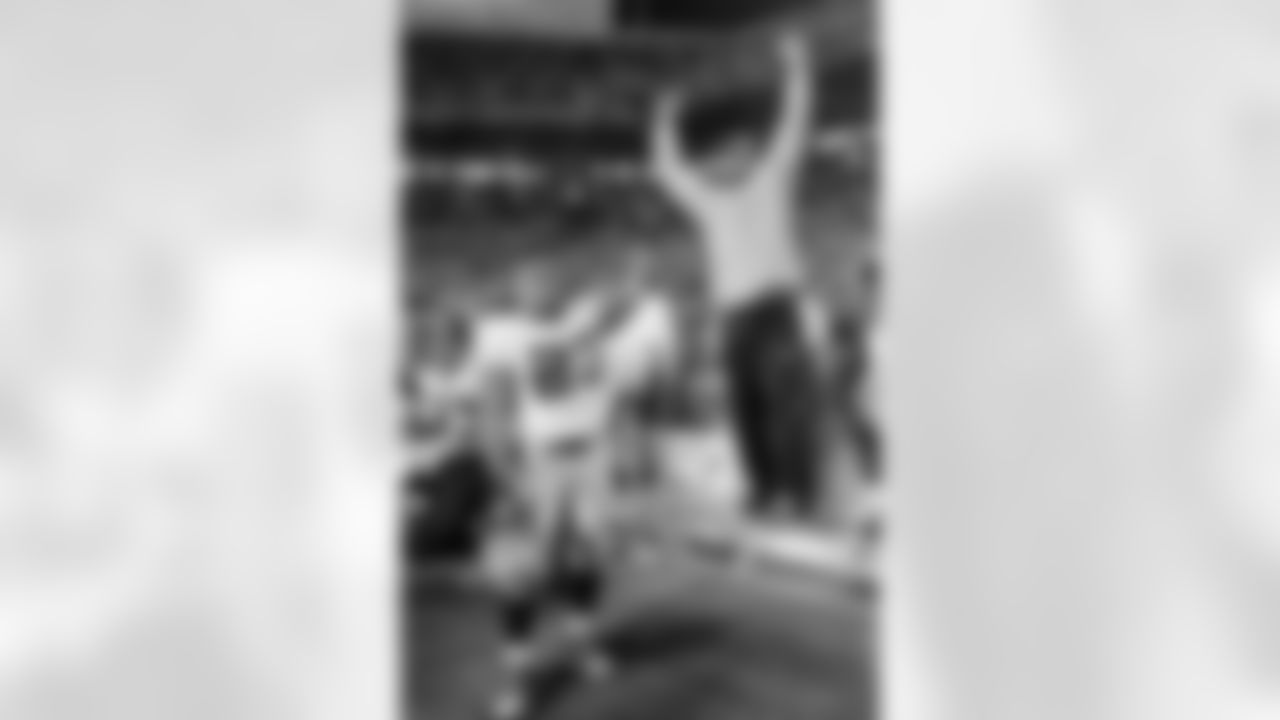
Take a look back on Saints Hall of Famer Deuce McAllister's career with the New Orleans Saints as we celebrate the 20-year anniversary of his Draft selection.
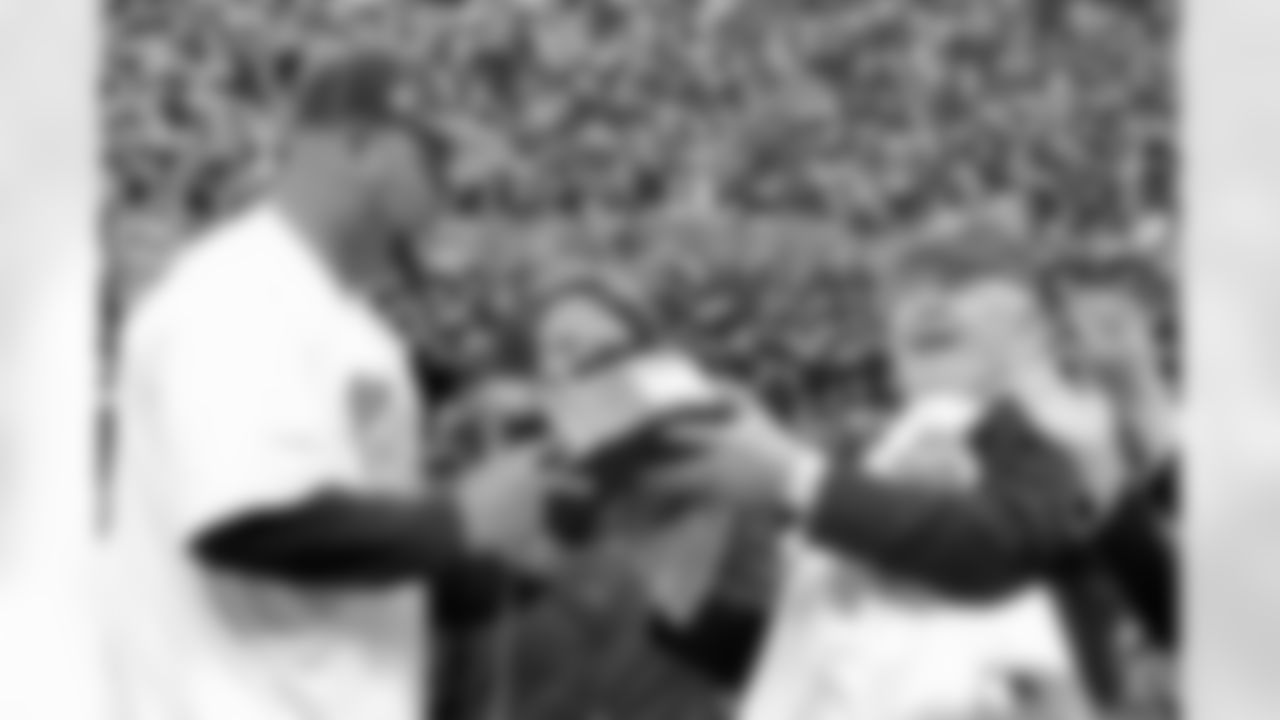
Take a look back on Saints Hall of Famer Deuce McAllister's career with the New Orleans Saints as we celebrate the 20-year anniversary of his Draft selection.
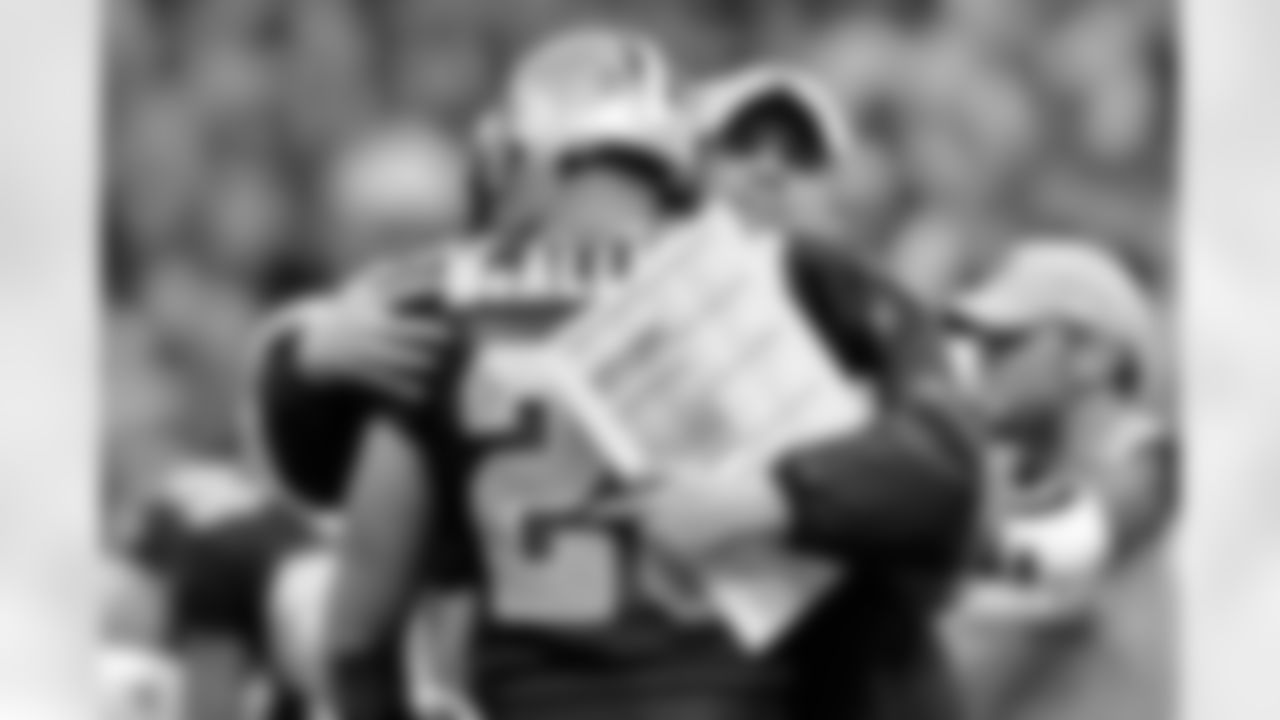
Take a look back on Saints Hall of Famer Deuce McAllister's career with the New Orleans Saints as we celebrate the 20-year anniversary of his Draft selection.
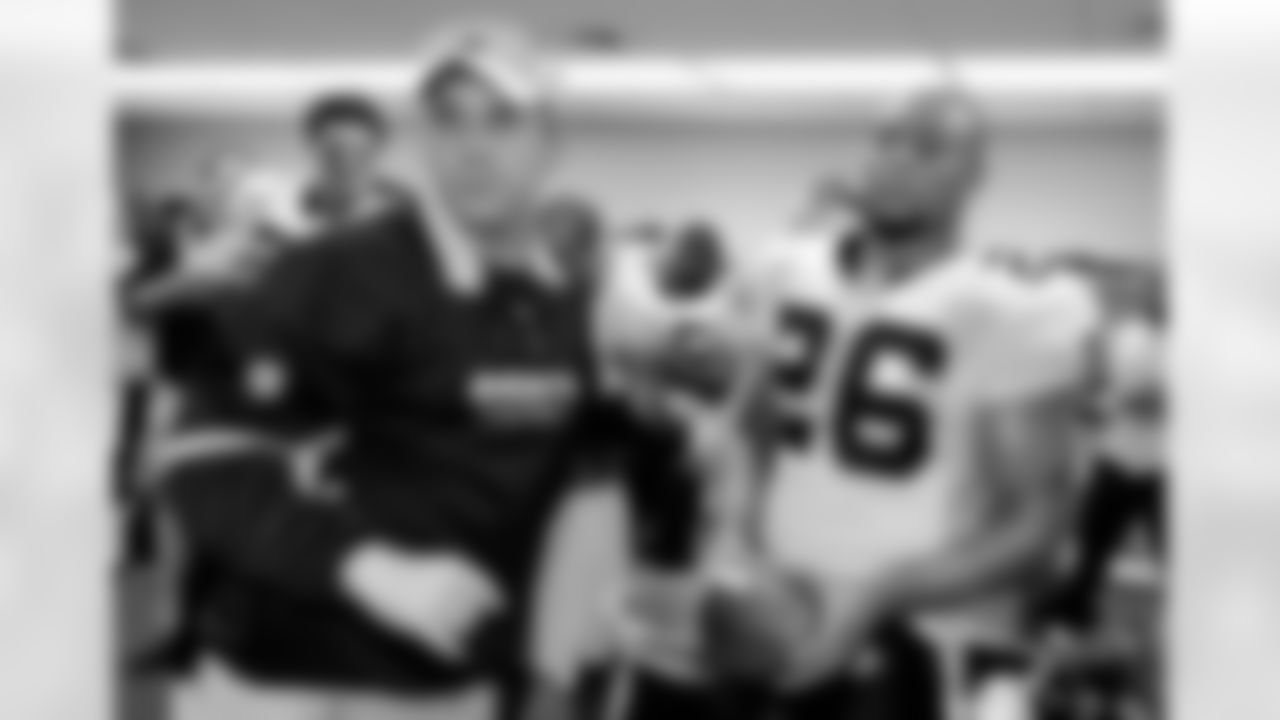
Take a look back on Saints Hall of Famer Deuce McAllister's career with the New Orleans Saints as we celebrate the 20-year anniversary of his Draft selection.
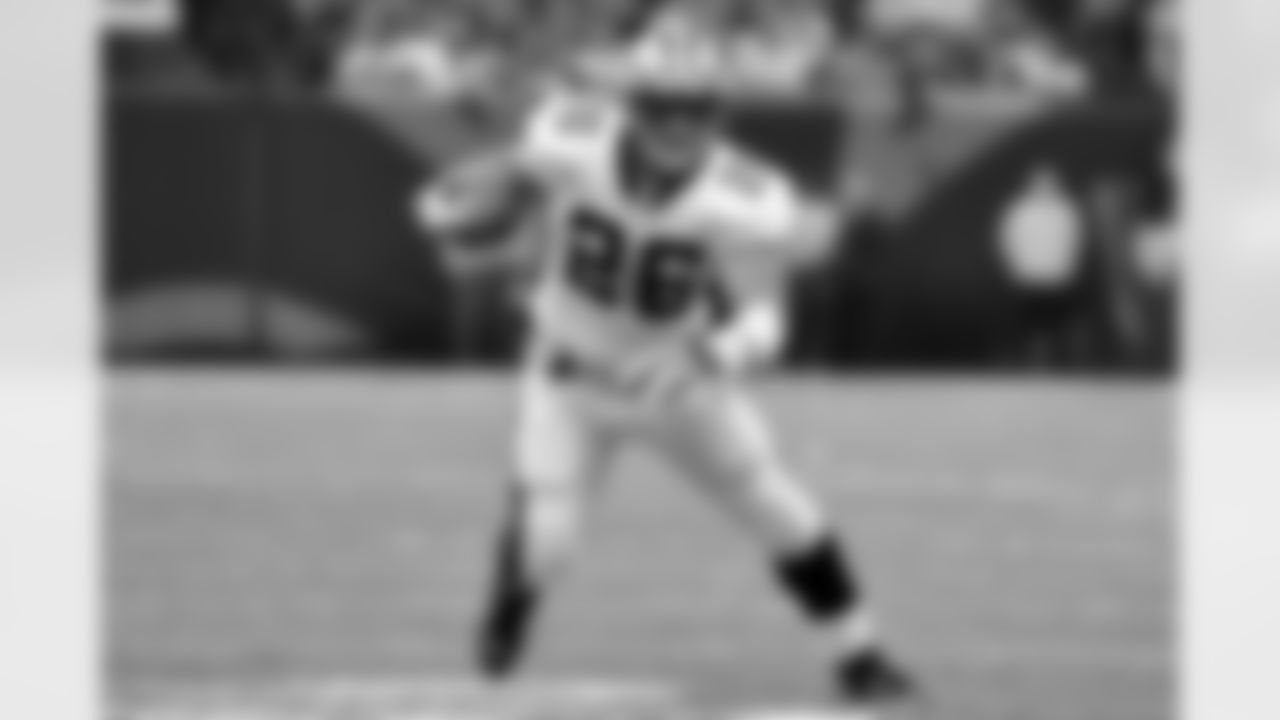
Take a look back on Saints Hall of Famer Deuce McAllister's career with the New Orleans Saints as we celebrate the 20-year anniversary of his Draft selection.
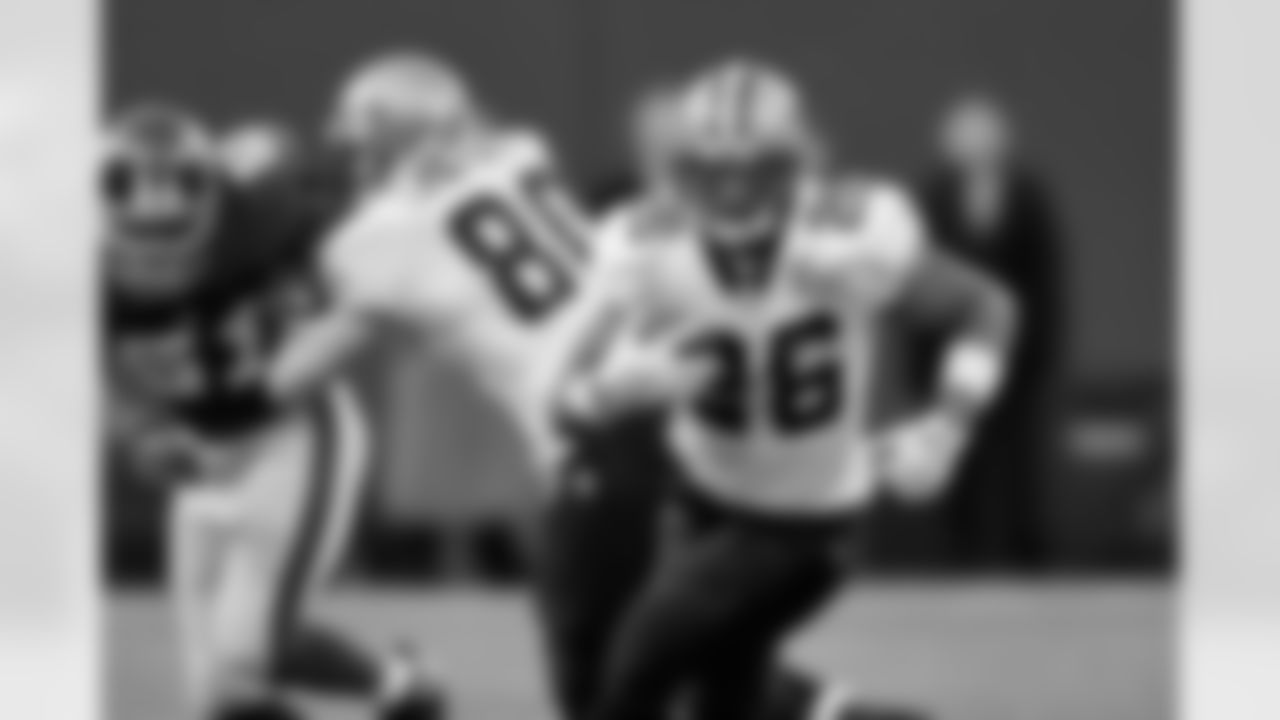
Take a look back on Saints Hall of Famer Deuce McAllister's career with the New Orleans Saints as we celebrate the 20-year anniversary of his Draft selection.
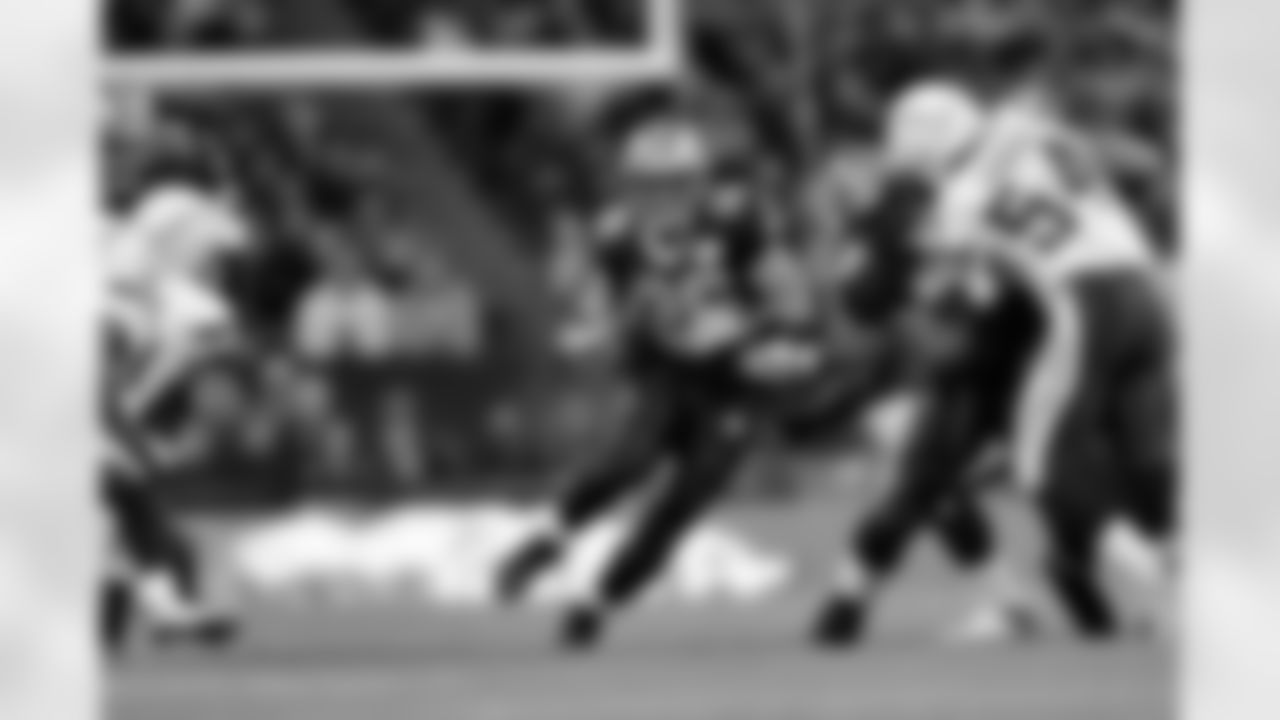
Take a look back on Saints Hall of Famer Deuce McAllister's career with the New Orleans Saints as we celebrate the 20-year anniversary of his Draft selection.
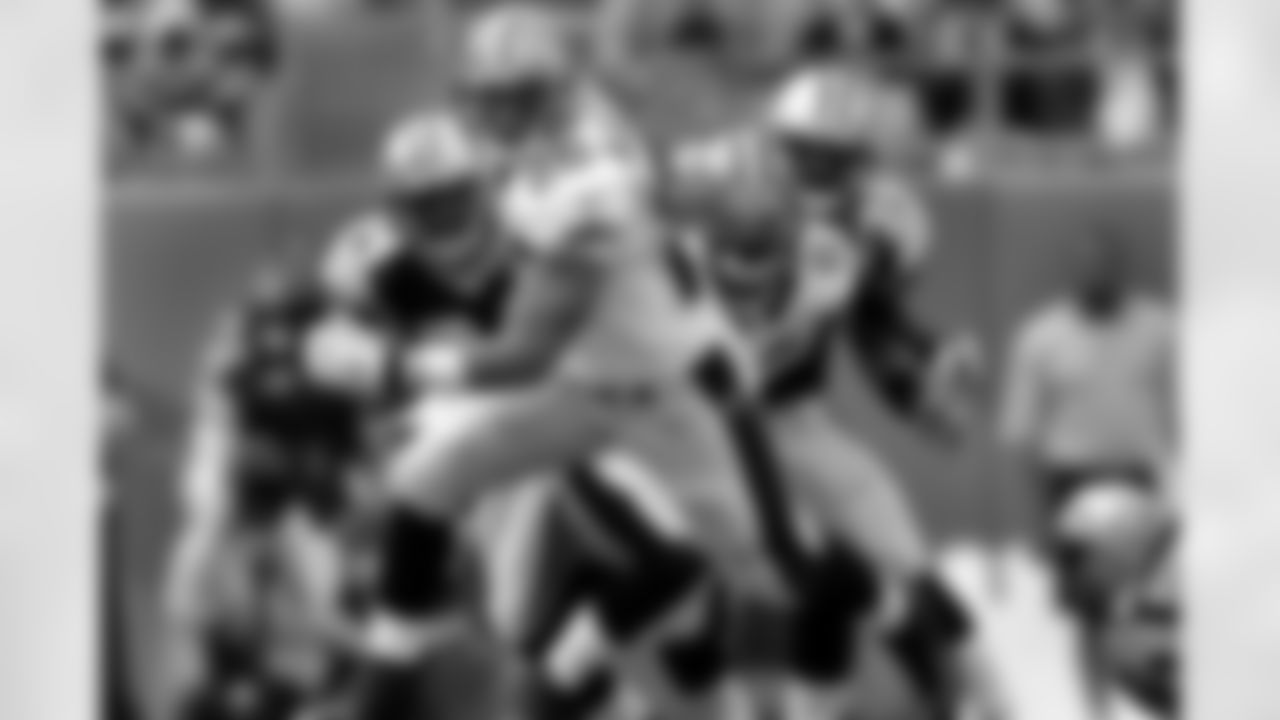
Take a look back on Saints Hall of Famer Deuce McAllister's career with the New Orleans Saints as we celebrate the 20-year anniversary of his Draft selection.
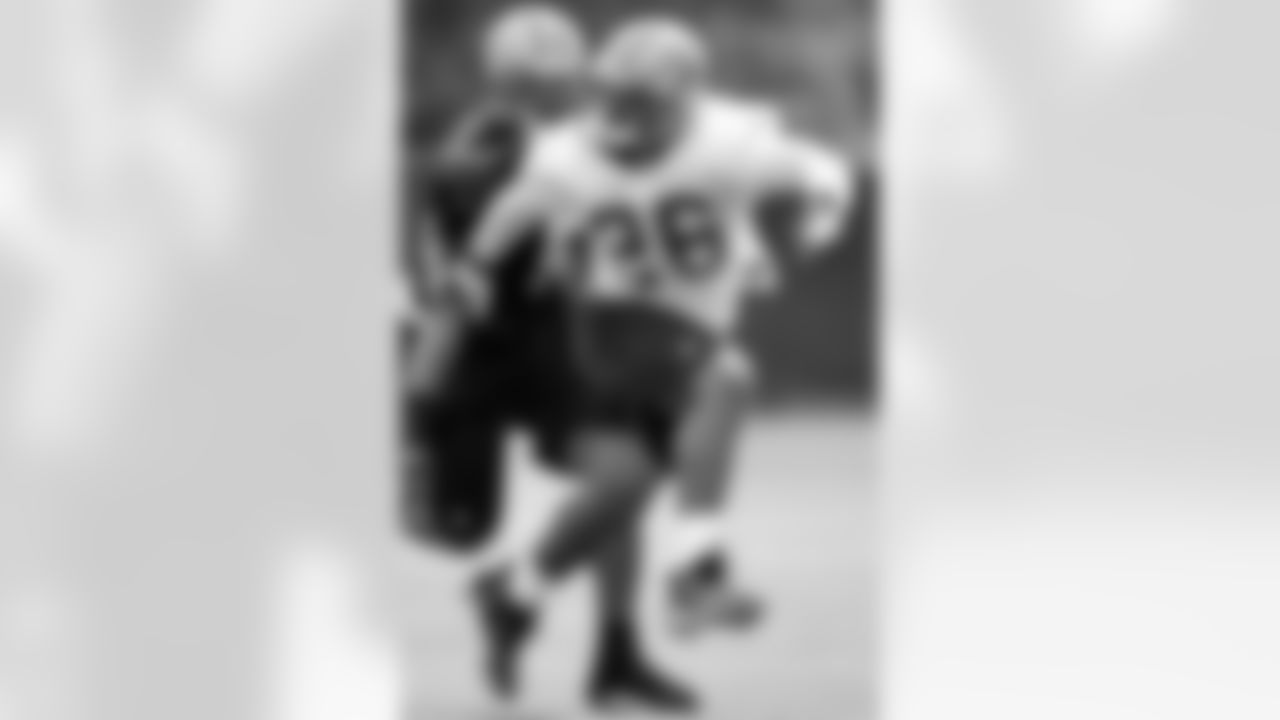
Take a look back on Saints Hall of Famer Deuce McAllister's career with the New Orleans Saints as we celebrate the 20-year anniversary of his Draft selection.
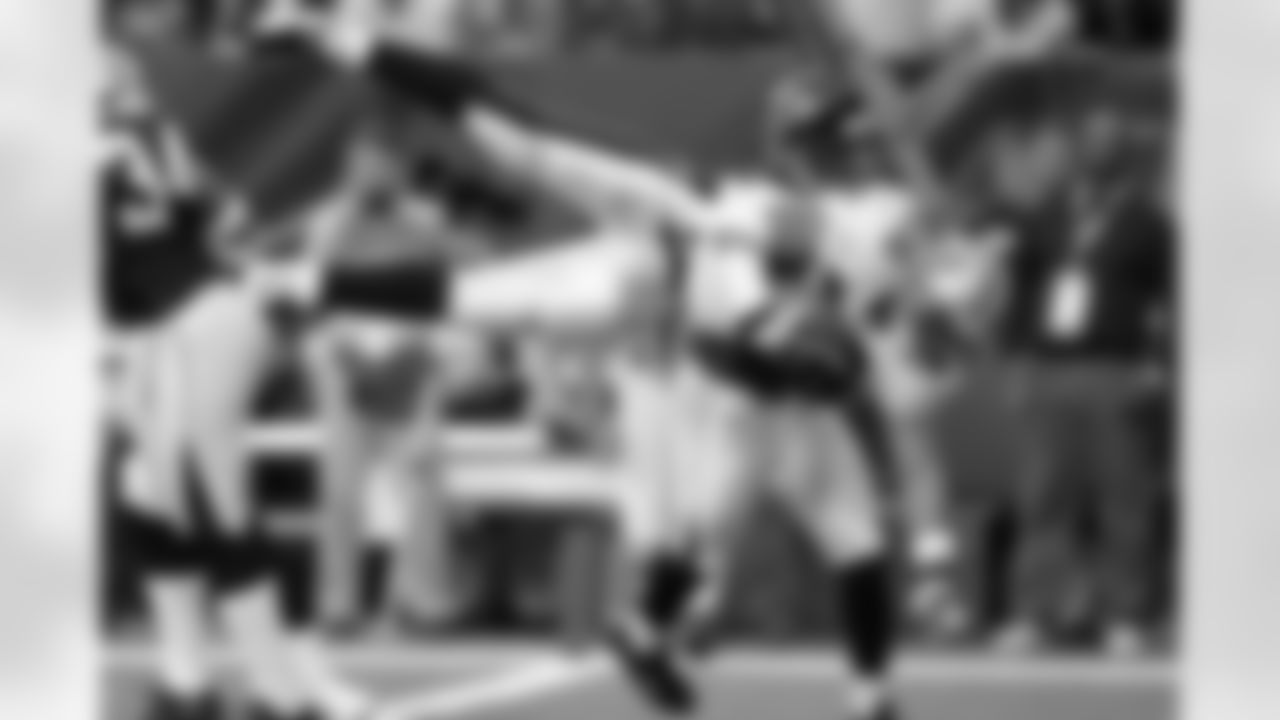
Take a look back on Saints Hall of Famer Deuce McAllister's career with the New Orleans Saints as we celebrate the 20-year anniversary of his Draft selection.
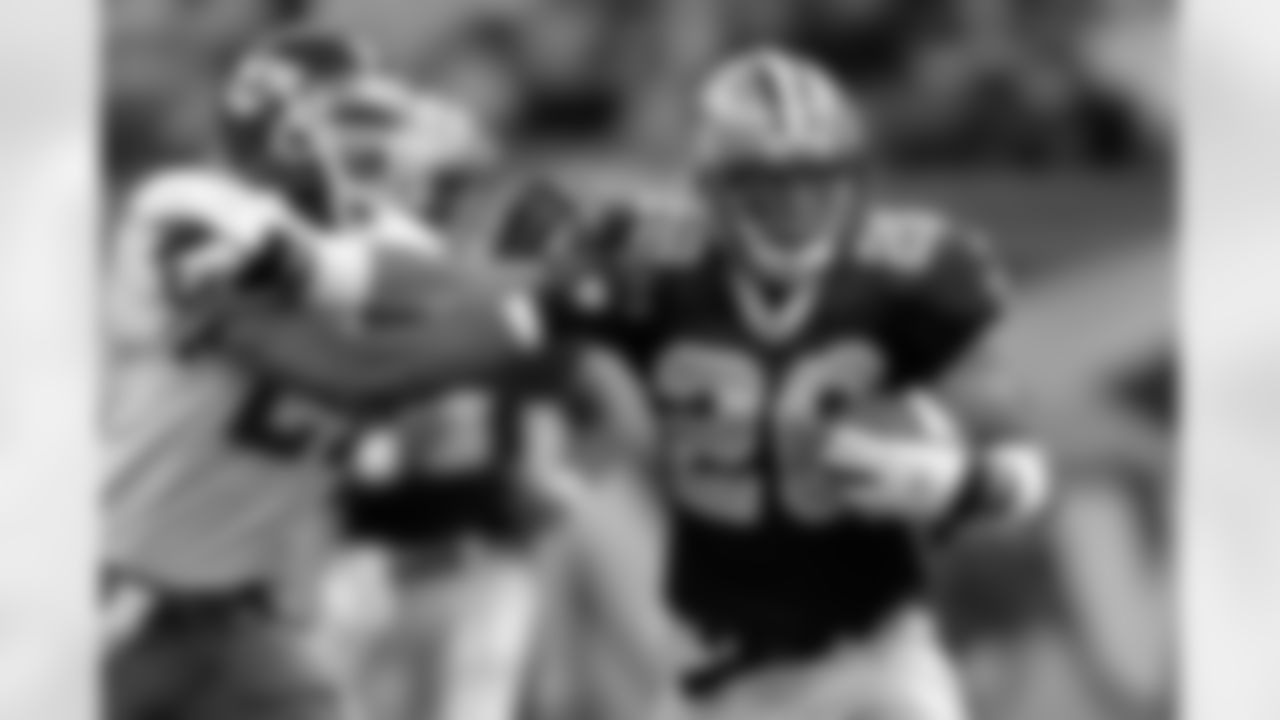
Take a look back on Saints Hall of Famer Deuce McAllister's career with the New Orleans Saints as we celebrate the 20-year anniversary of his Draft selection.
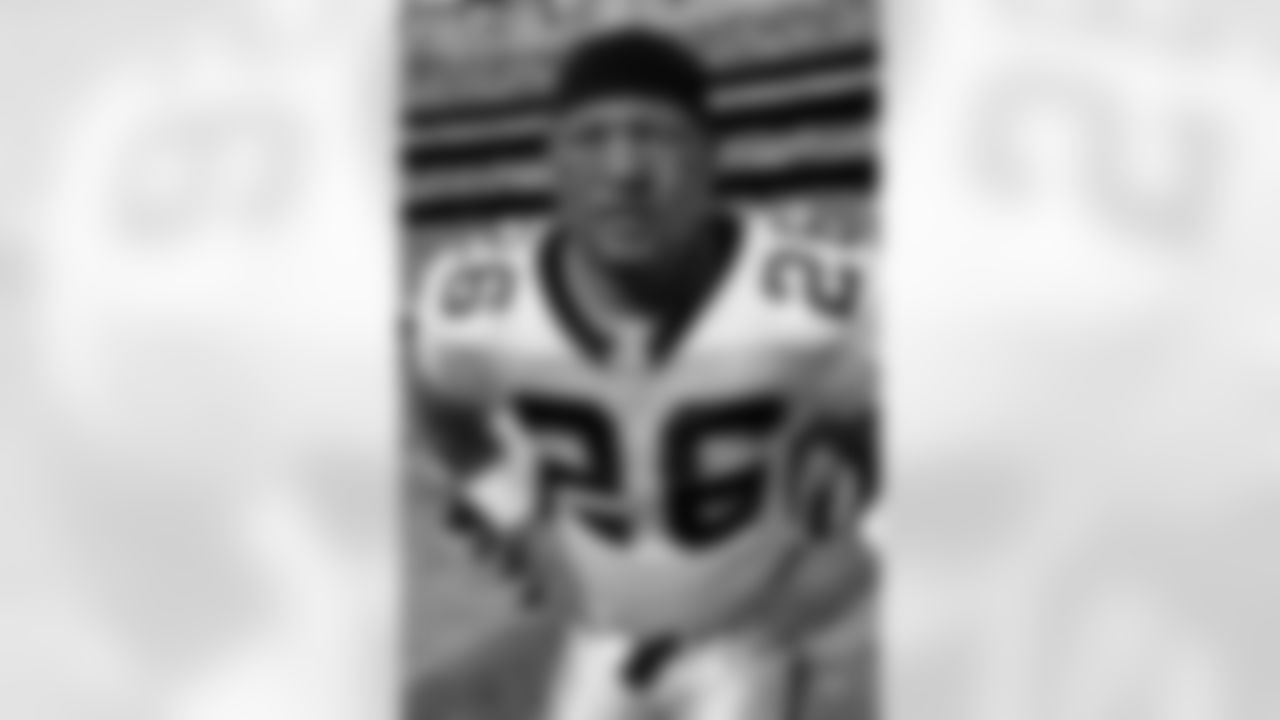
Take a look back on Saints Hall of Famer Deuce McAllister's career with the New Orleans Saints as we celebrate the 20-year anniversary of his Draft selection.
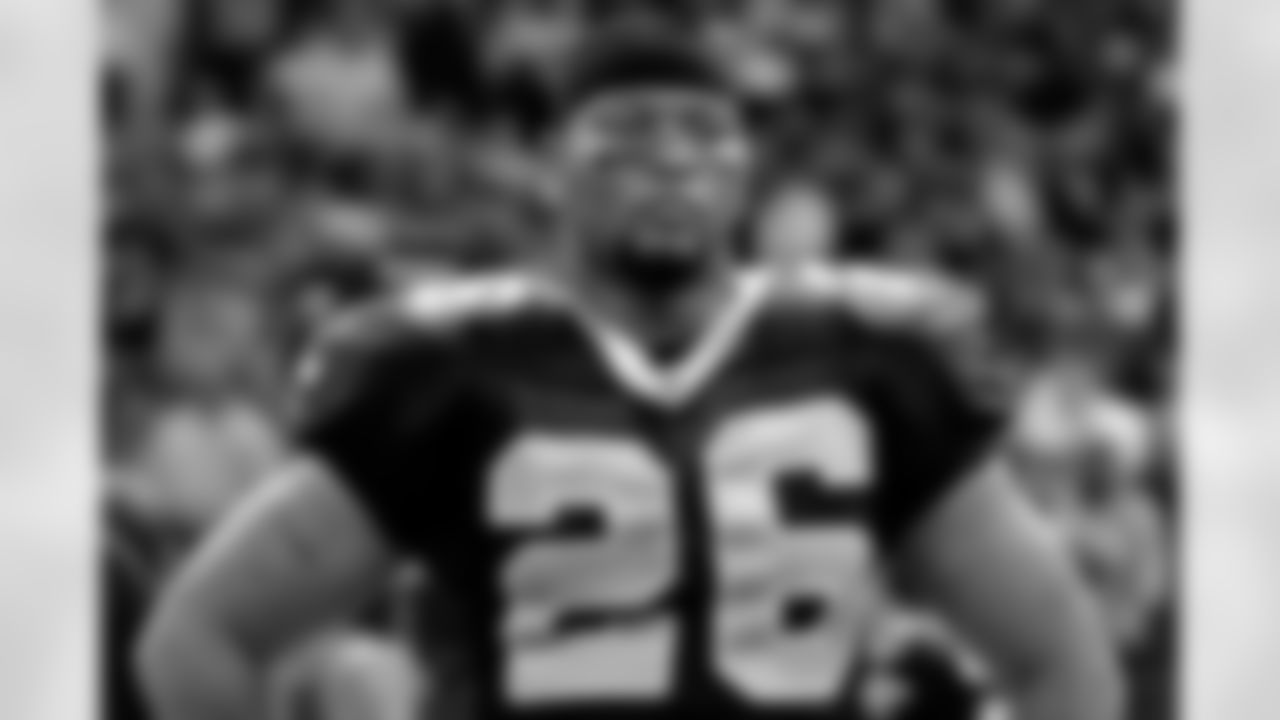
Take a look back on Saints Hall of Famer Deuce McAllister's career with the New Orleans Saints as we celebrate the 20-year anniversary of his Draft selection.
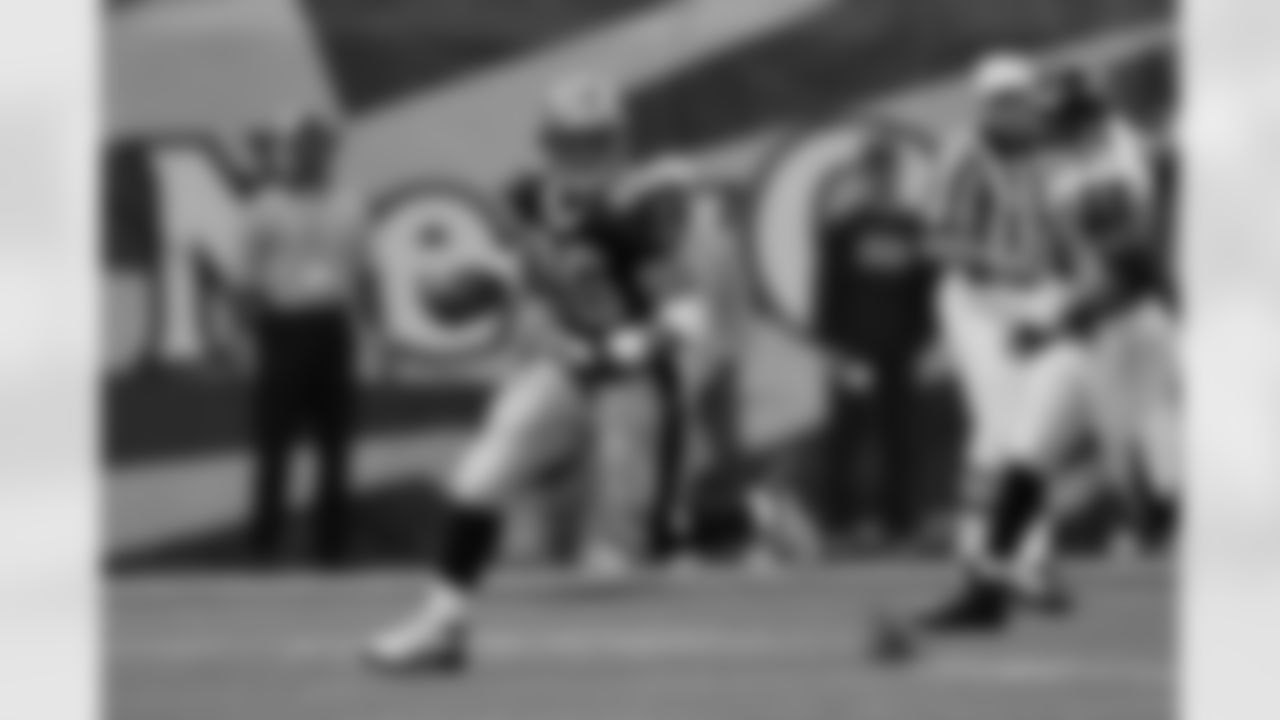
Take a look back on Saints Hall of Famer Deuce McAllister's career with the New Orleans Saints as we celebrate the 20-year anniversary of his Draft selection.
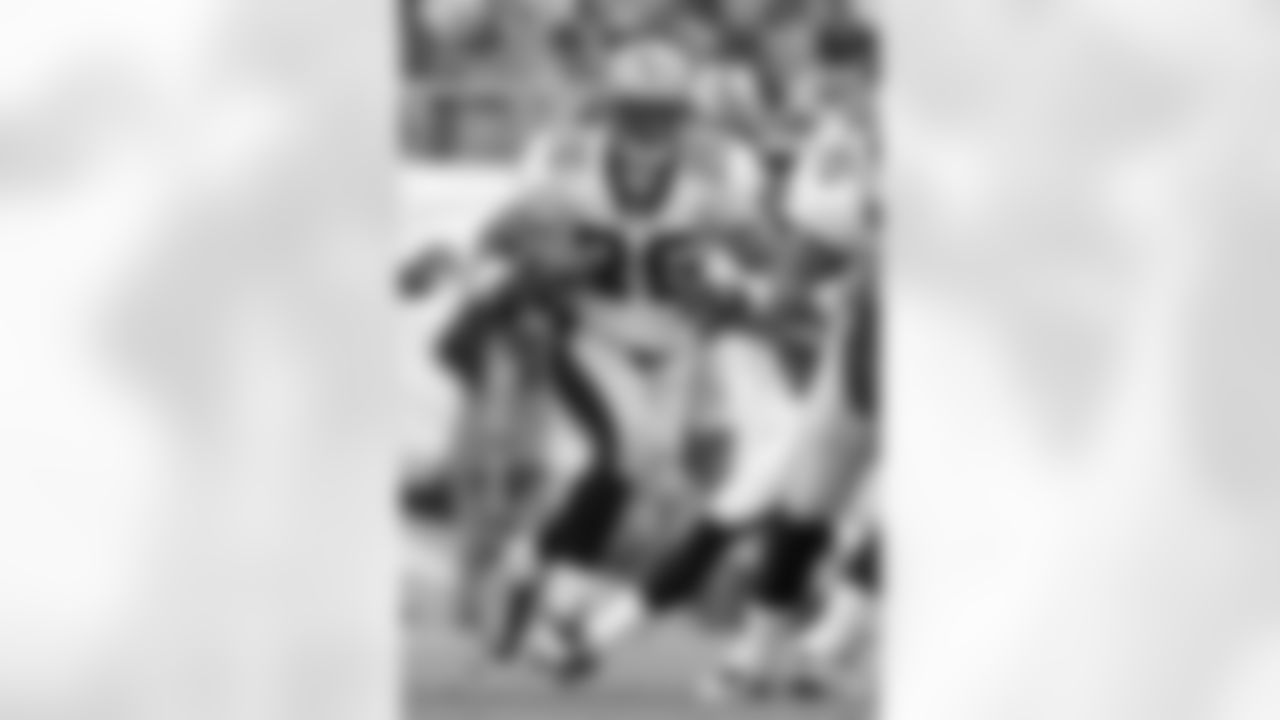
Take a look back on Saints Hall of Famer Deuce McAllister's career with the New Orleans Saints as we celebrate the 20-year anniversary of his Draft selection.
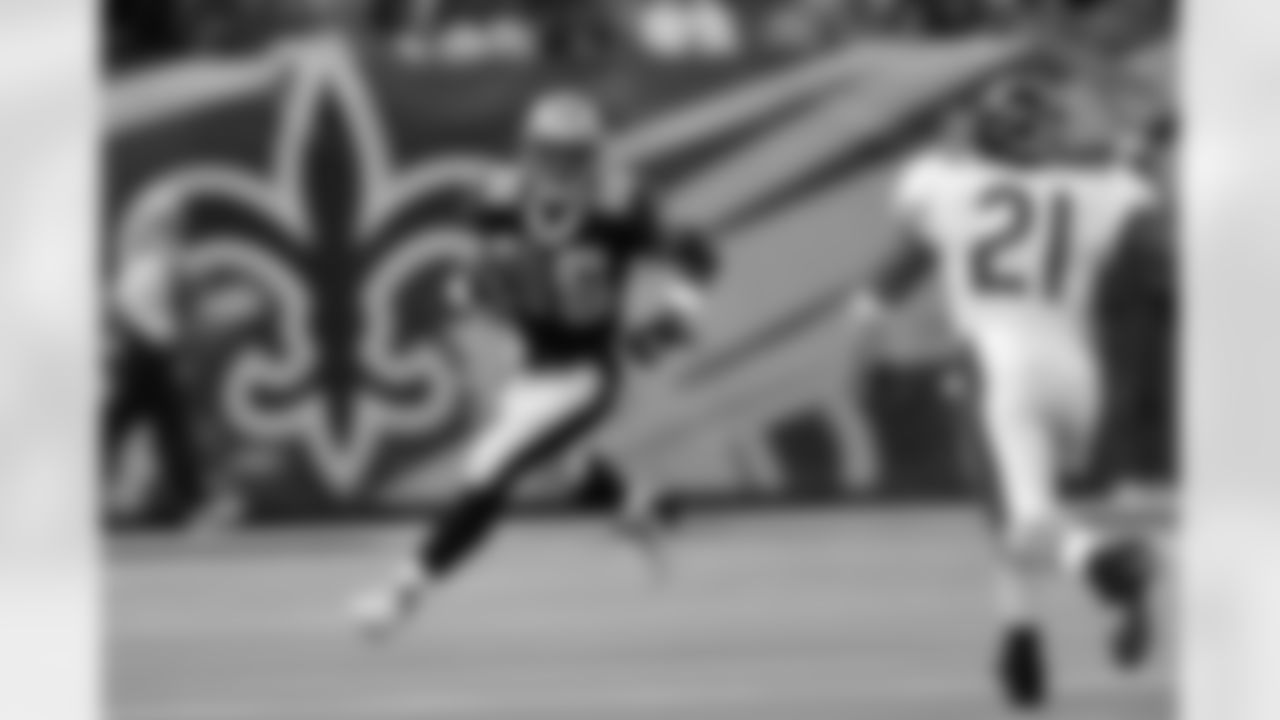
Take a look back on Saints Hall of Famer Deuce McAllister's career with the New Orleans Saints as we celebrate the 20-year anniversary of his Draft selection.
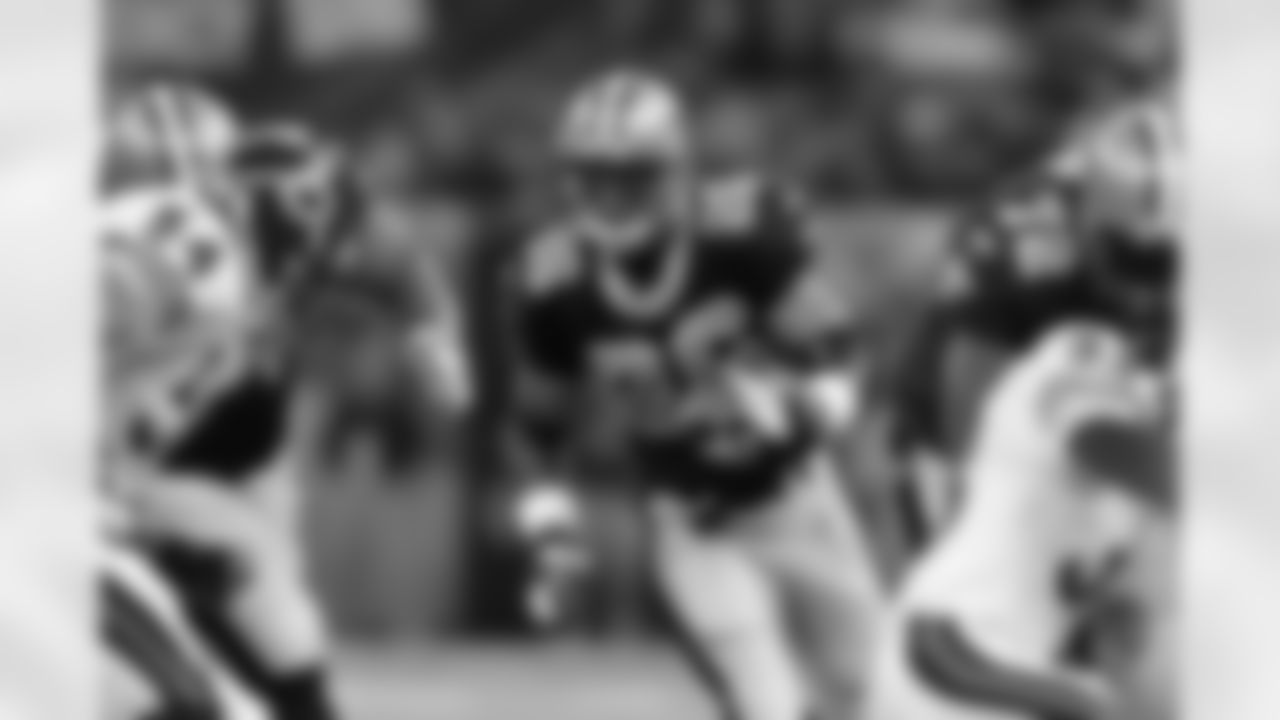
Take a look back on Saints Hall of Famer Deuce McAllister's career with the New Orleans Saints as we celebrate the 20-year anniversary of his Draft selection.
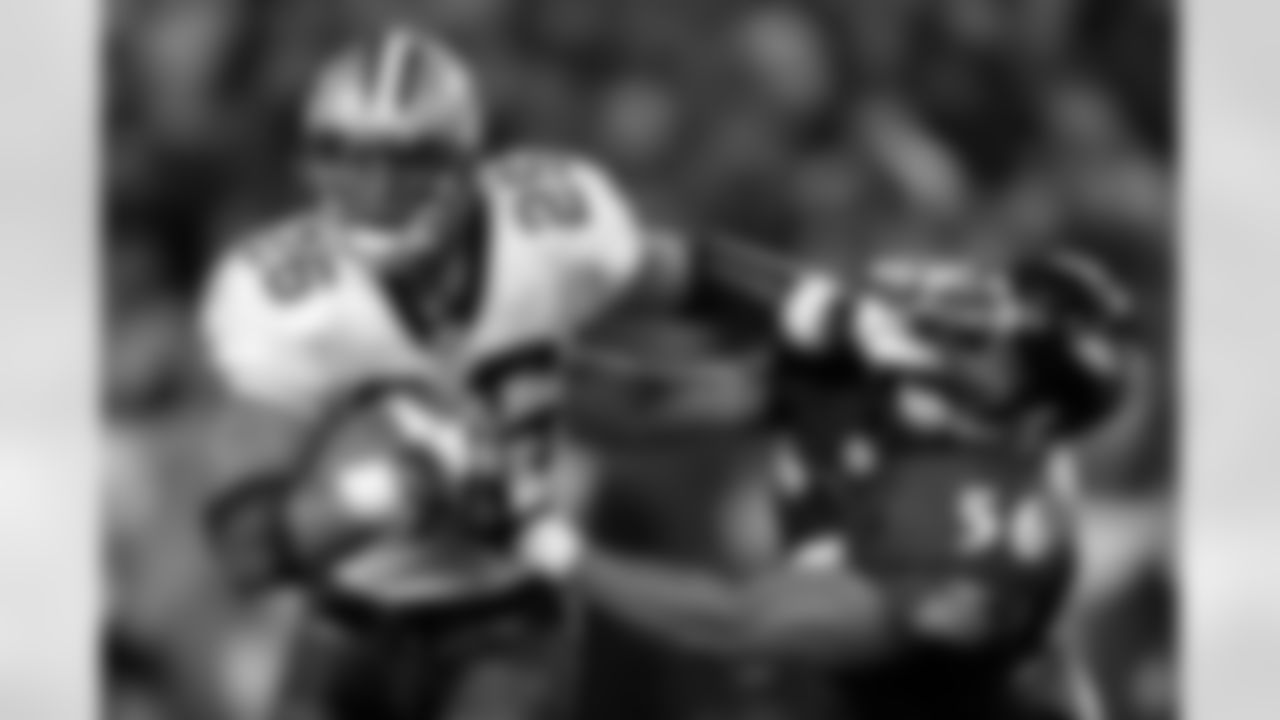
Take a look back on Saints Hall of Famer Deuce McAllister's career with the New Orleans Saints as we celebrate the 20-year anniversary of his Draft selection.
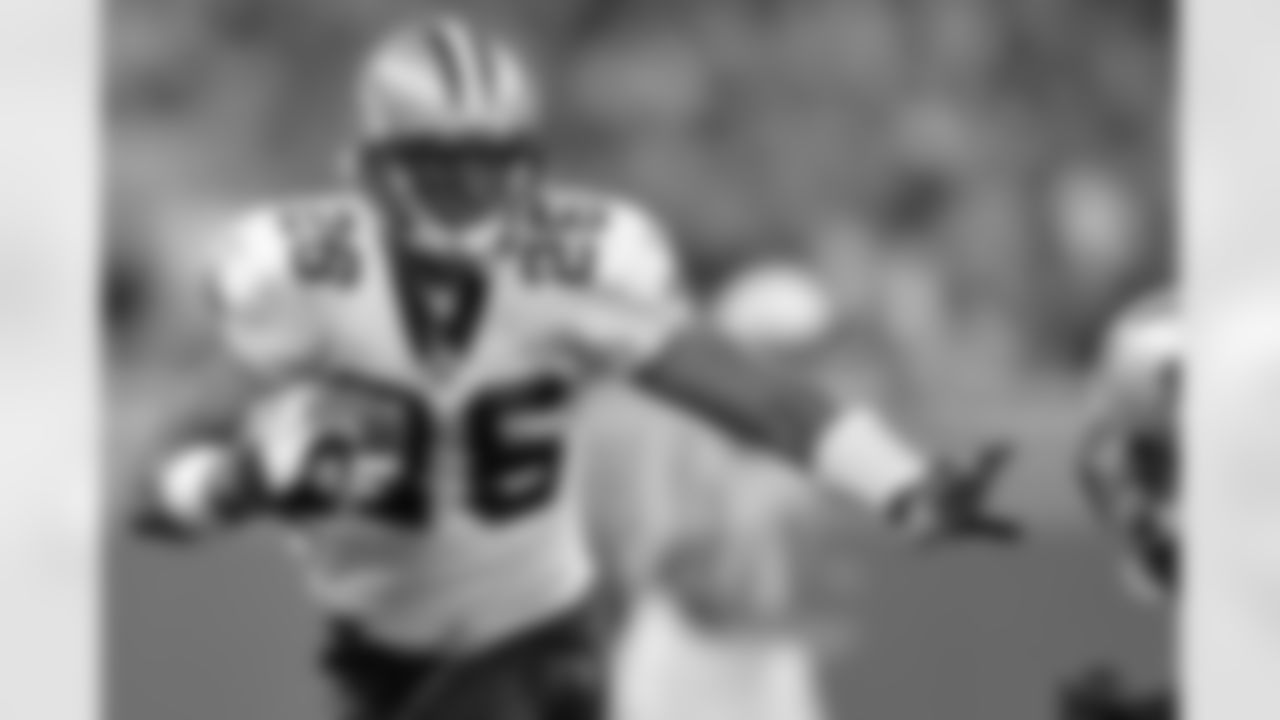
Take a look back on Saints Hall of Famer Deuce McAllister's career with the New Orleans Saints as we celebrate the 20-year anniversary of his Draft selection.
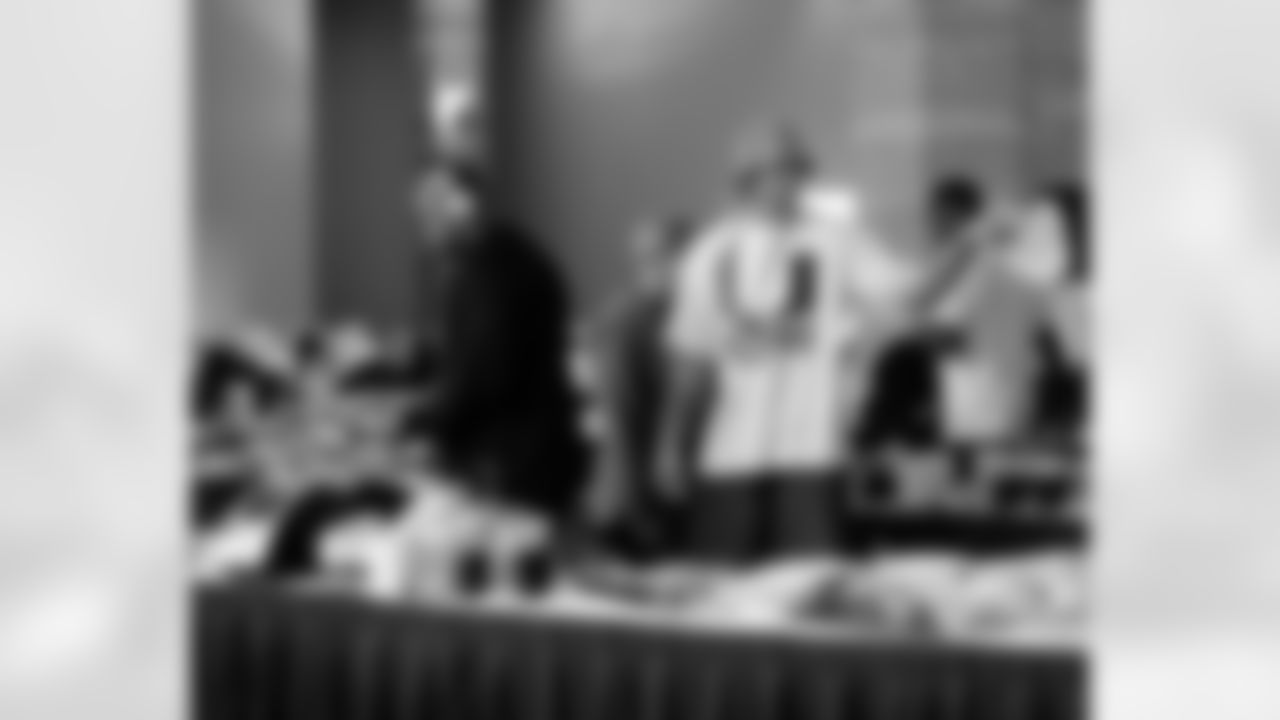
Take a look back on Saints Hall of Famer Deuce McAllister's career with the New Orleans Saints as we celebrate the 20-year anniversary of his Draft selection.
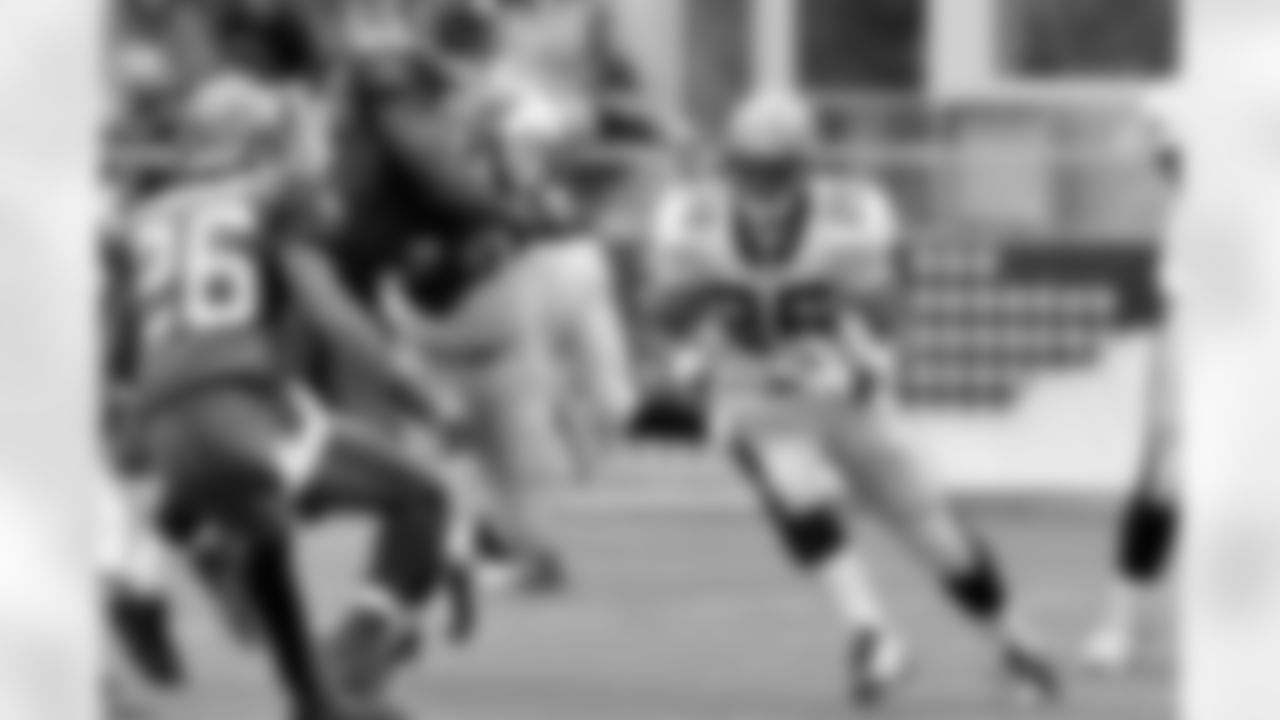
Take a look back on Saints Hall of Famer Deuce McAllister's career with the New Orleans Saints as we celebrate the 20-year anniversary of his Draft selection.
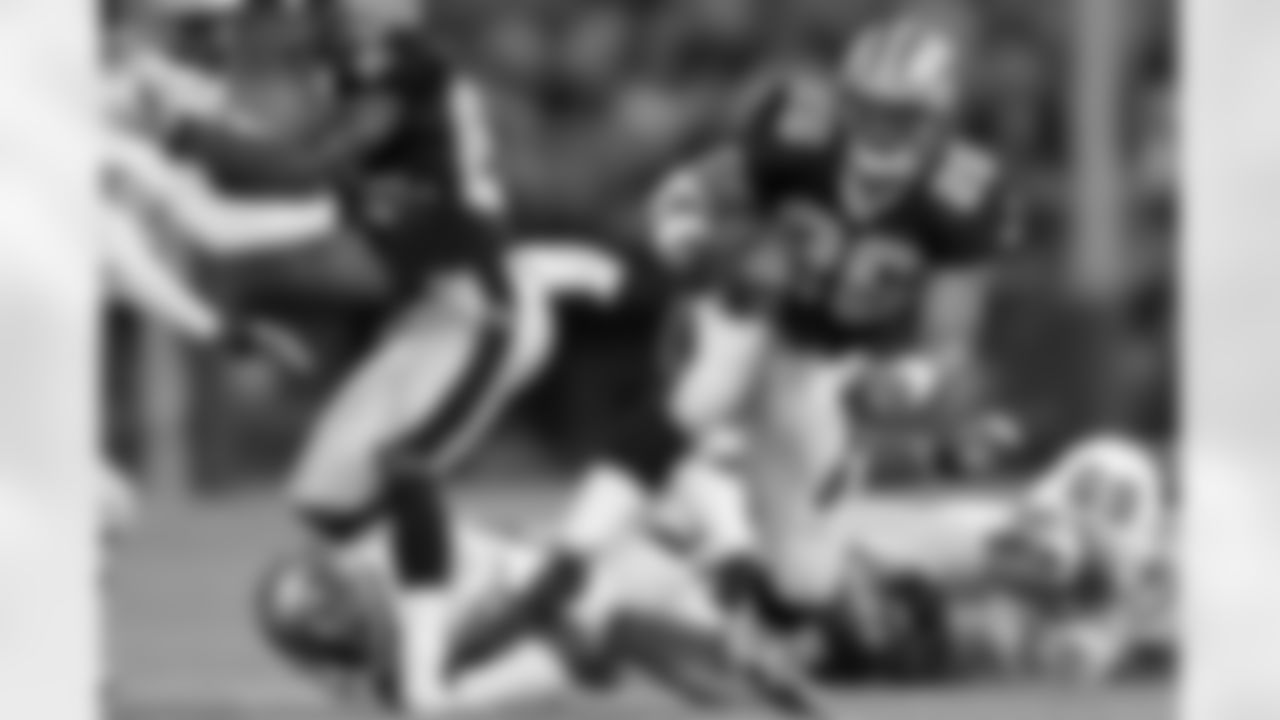
Take a look back on Saints Hall of Famer Deuce McAllister's career with the New Orleans Saints as we celebrate the 20-year anniversary of his Draft selection.
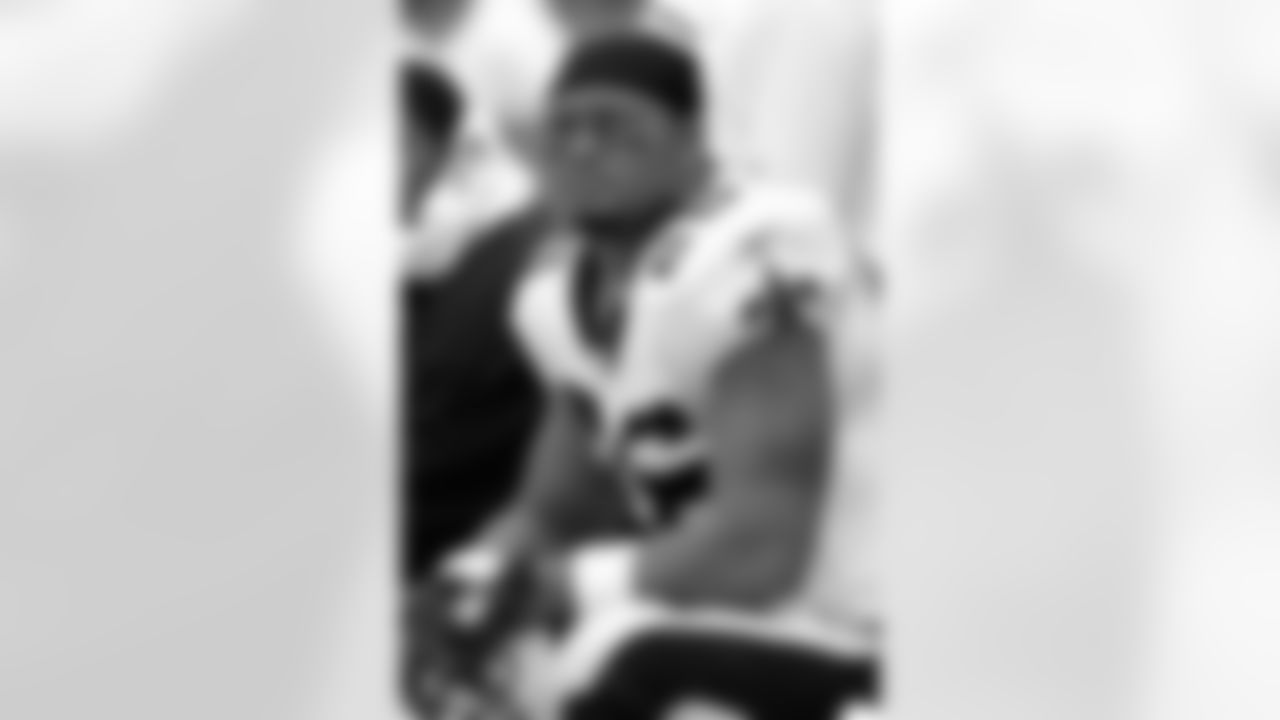
Take a look back on Saints Hall of Famer Deuce McAllister's career with the New Orleans Saints as we celebrate the 20-year anniversary of his Draft selection.
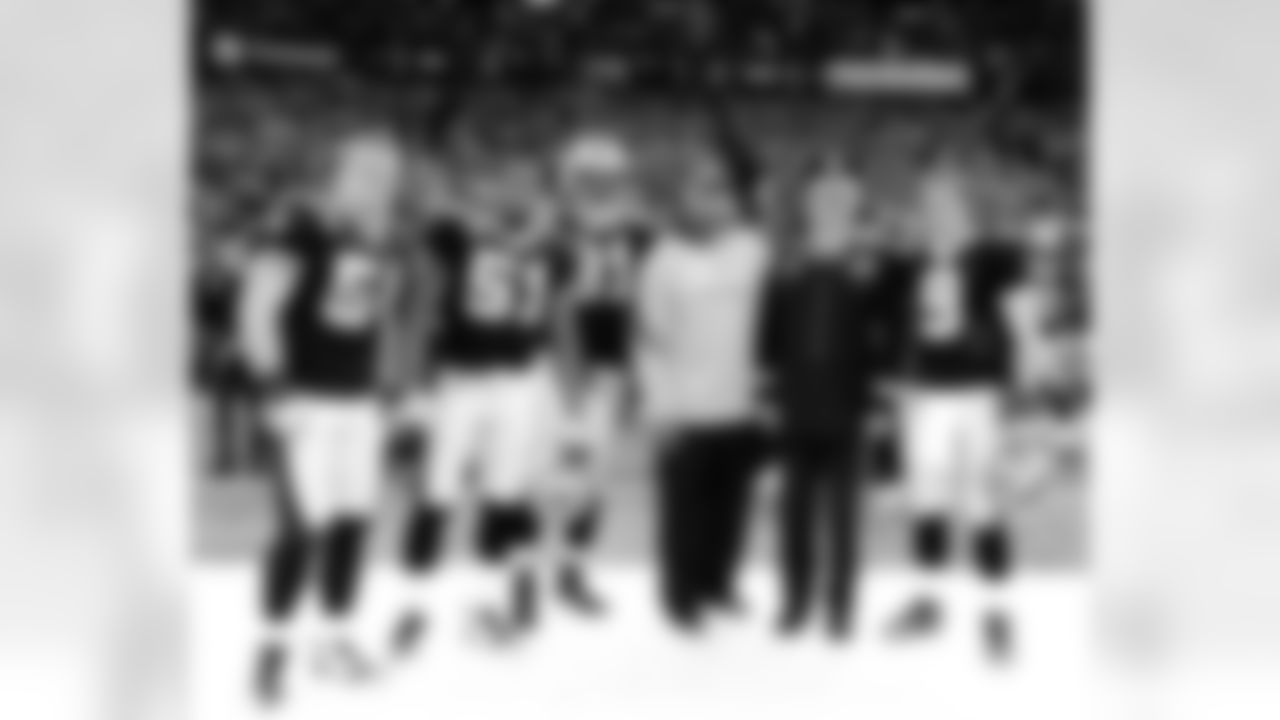
Take a look back on Saints Hall of Famer Deuce McAllister's career with the New Orleans Saints as we celebrate the 20-year anniversary of his Draft selection.
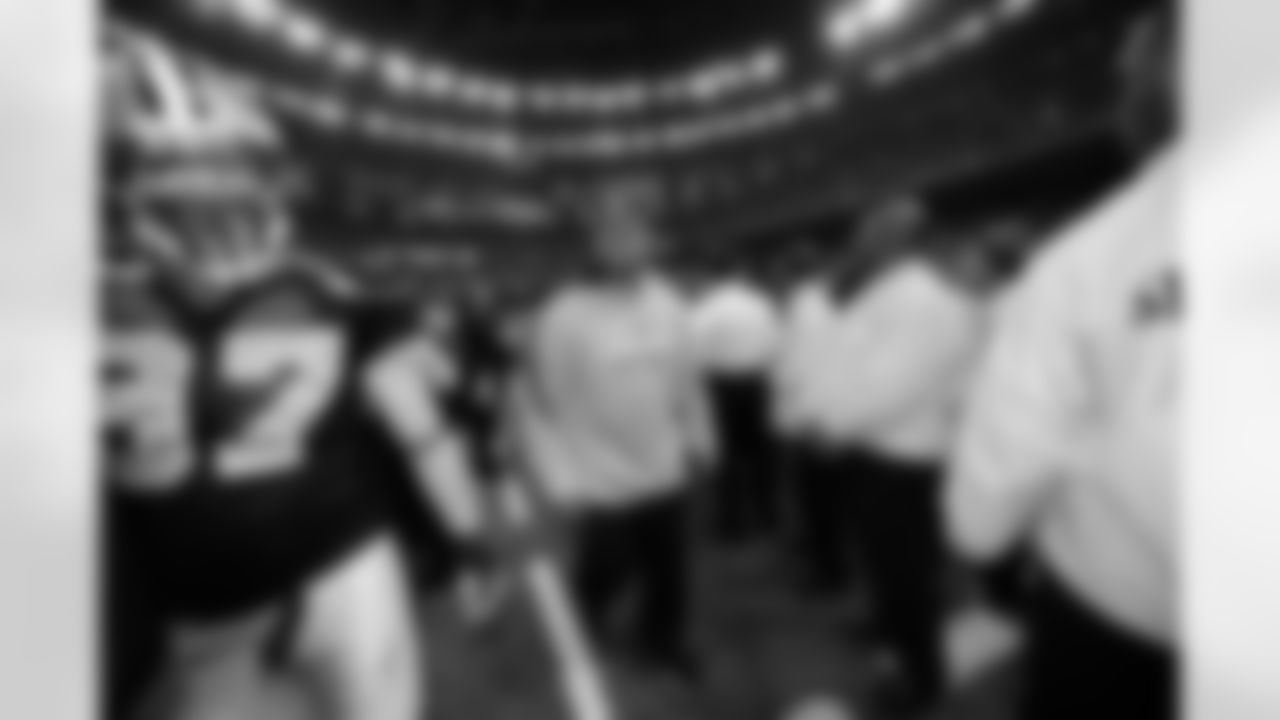
Take a look back on Saints Hall of Famer Deuce McAllister's career with the New Orleans Saints as we celebrate the 20-year anniversary of his Draft selection.
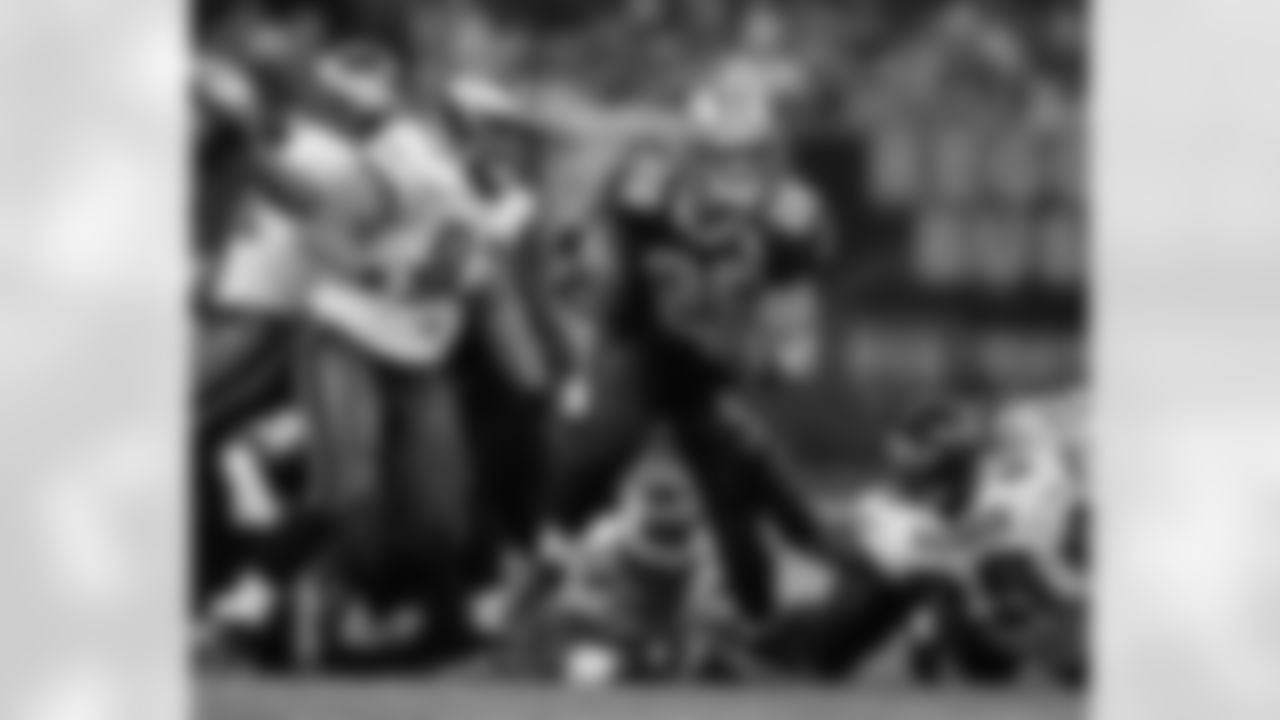
Take a look back on Saints Hall of Famer Deuce McAllister's career with the New Orleans Saints as we celebrate the 20-year anniversary of his Draft selection.
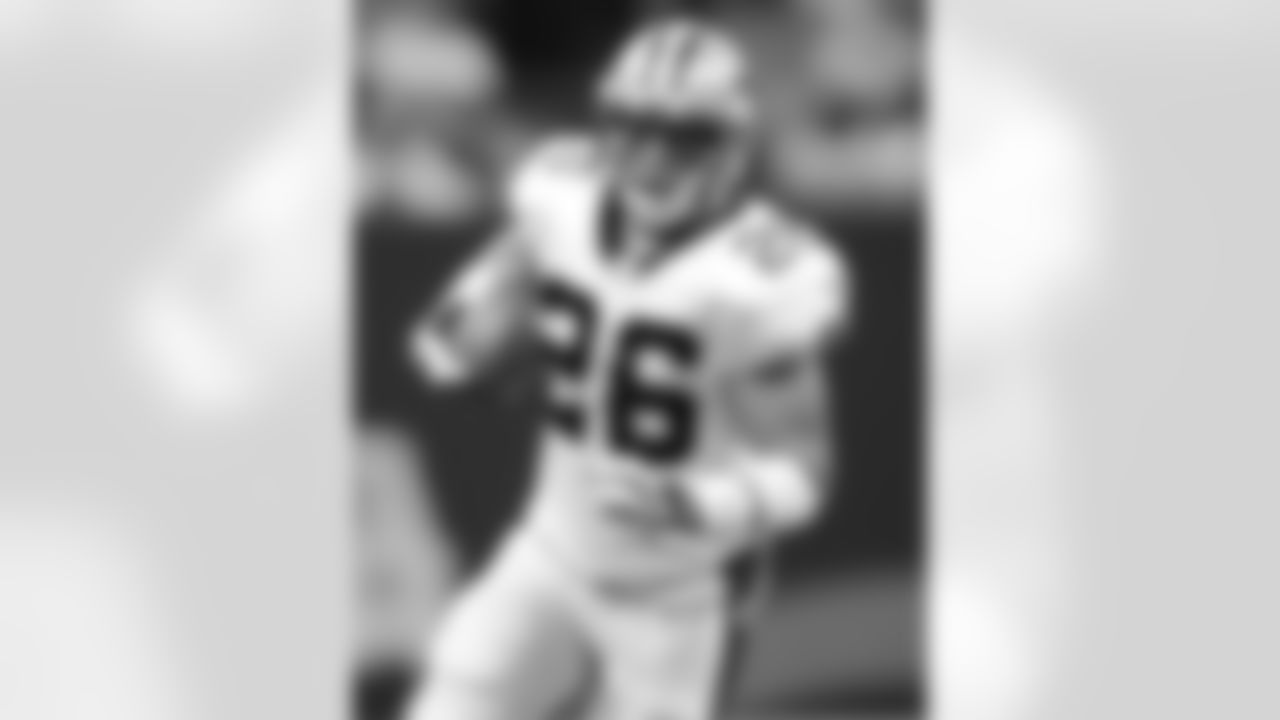
Take a look back on Saints Hall of Famer Deuce McAllister's career with the New Orleans Saints as we celebrate the 20-year anniversary of his Draft selection.
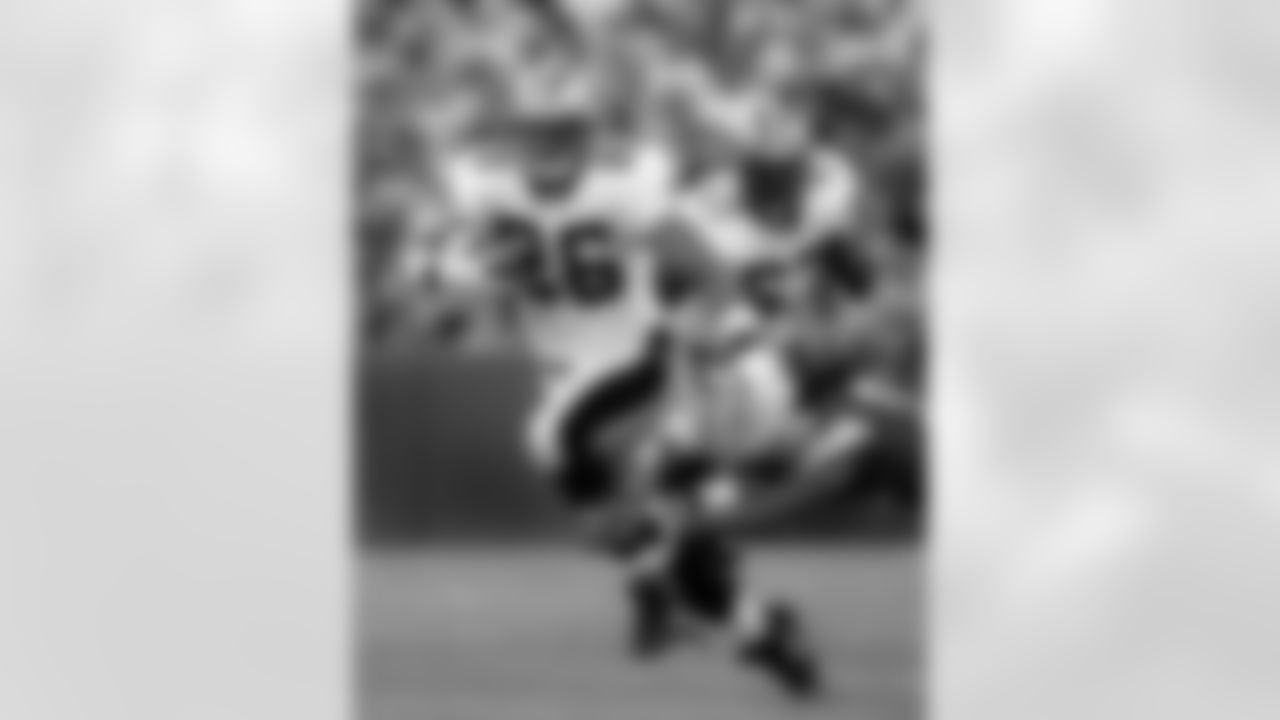
Take a look back on Saints Hall of Famer Deuce McAllister's career with the New Orleans Saints as we celebrate the 20-year anniversary of his Draft selection.
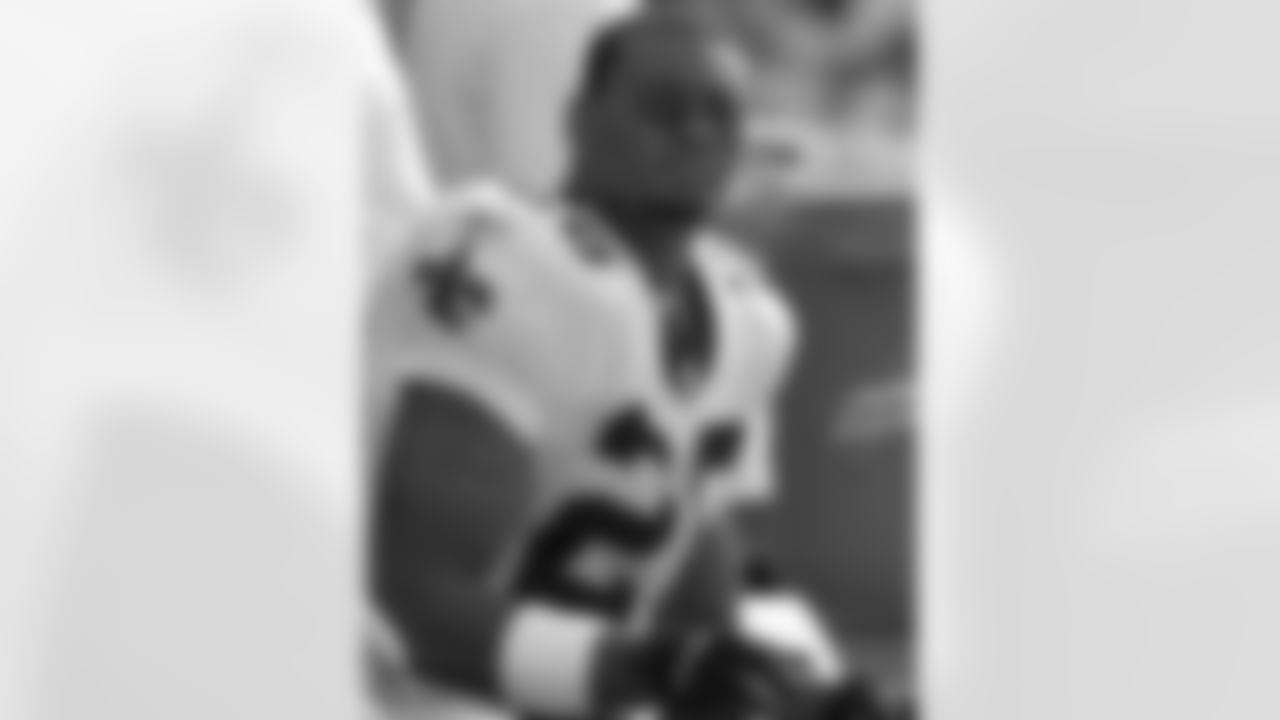
Take a look back on Saints Hall of Famer Deuce McAllister's career with the New Orleans Saints as we celebrate the 20-year anniversary of his Draft selection.
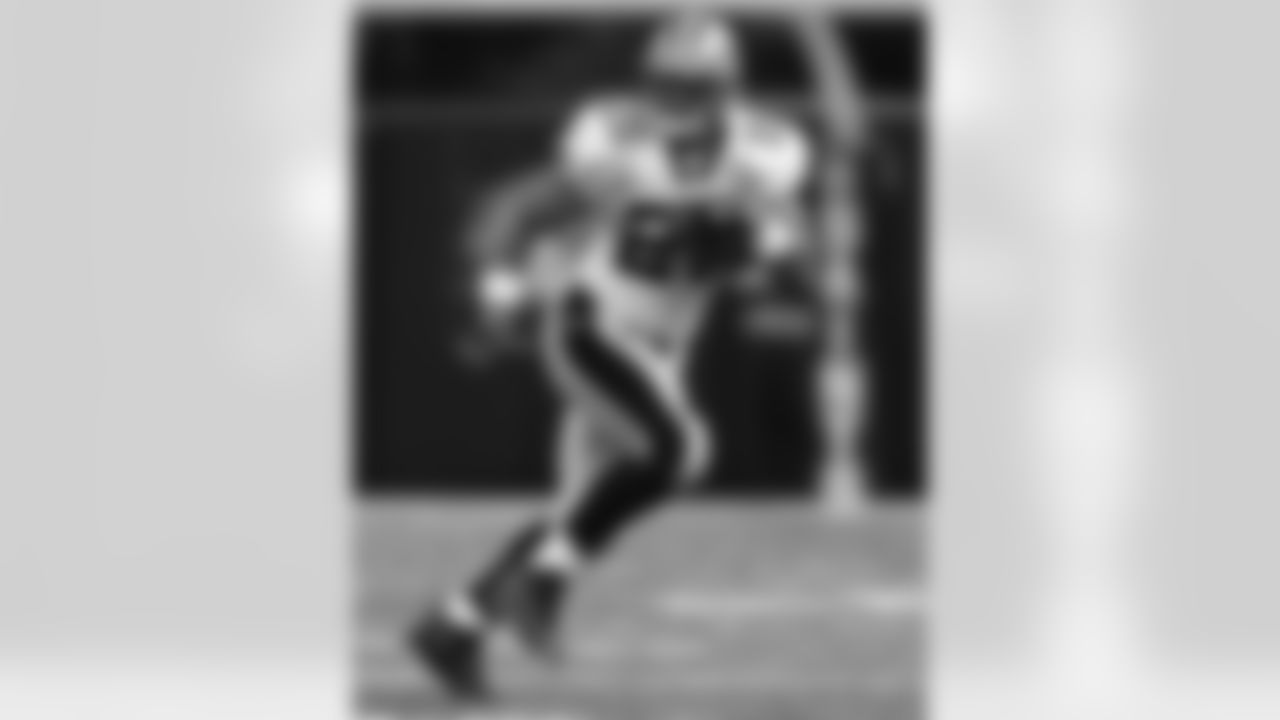
Take a look back on Saints Hall of Famer Deuce McAllister's career with the New Orleans Saints as we celebrate the 20-year anniversary of his Draft selection.
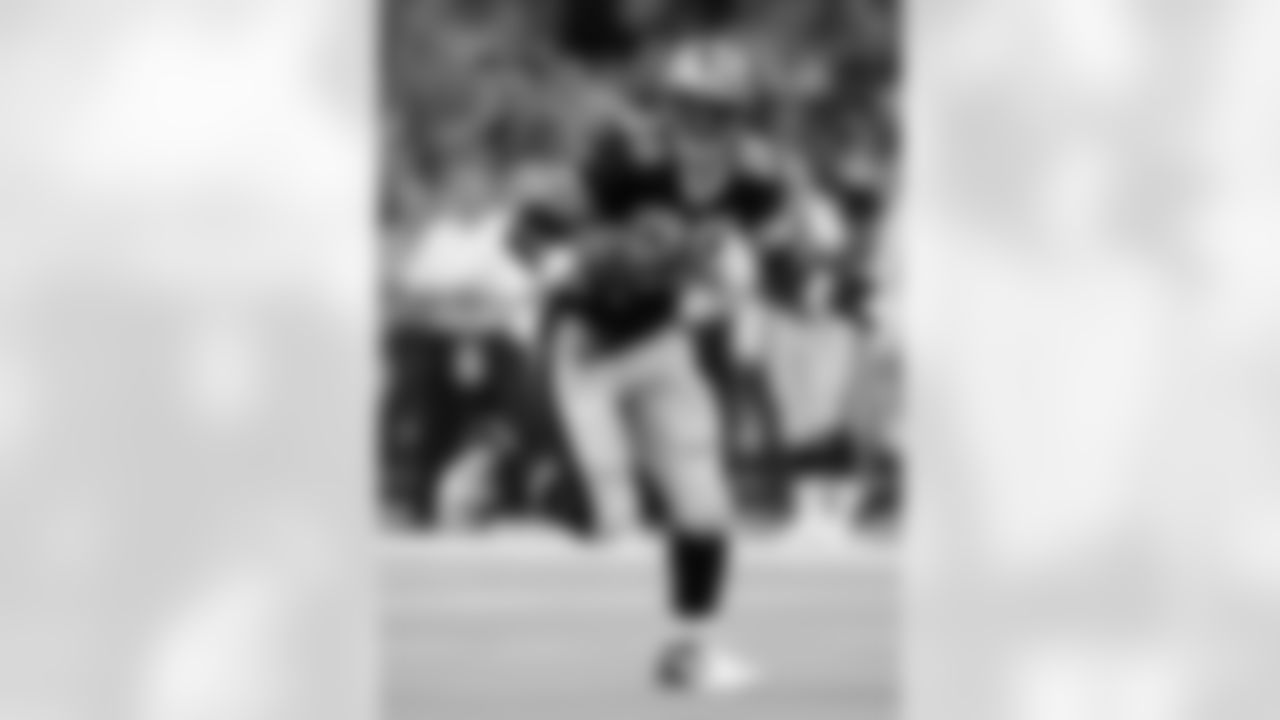
Take a look back on Saints Hall of Famer Deuce McAllister's career with the New Orleans Saints as we celebrate the 20-year anniversary of his Draft selection.
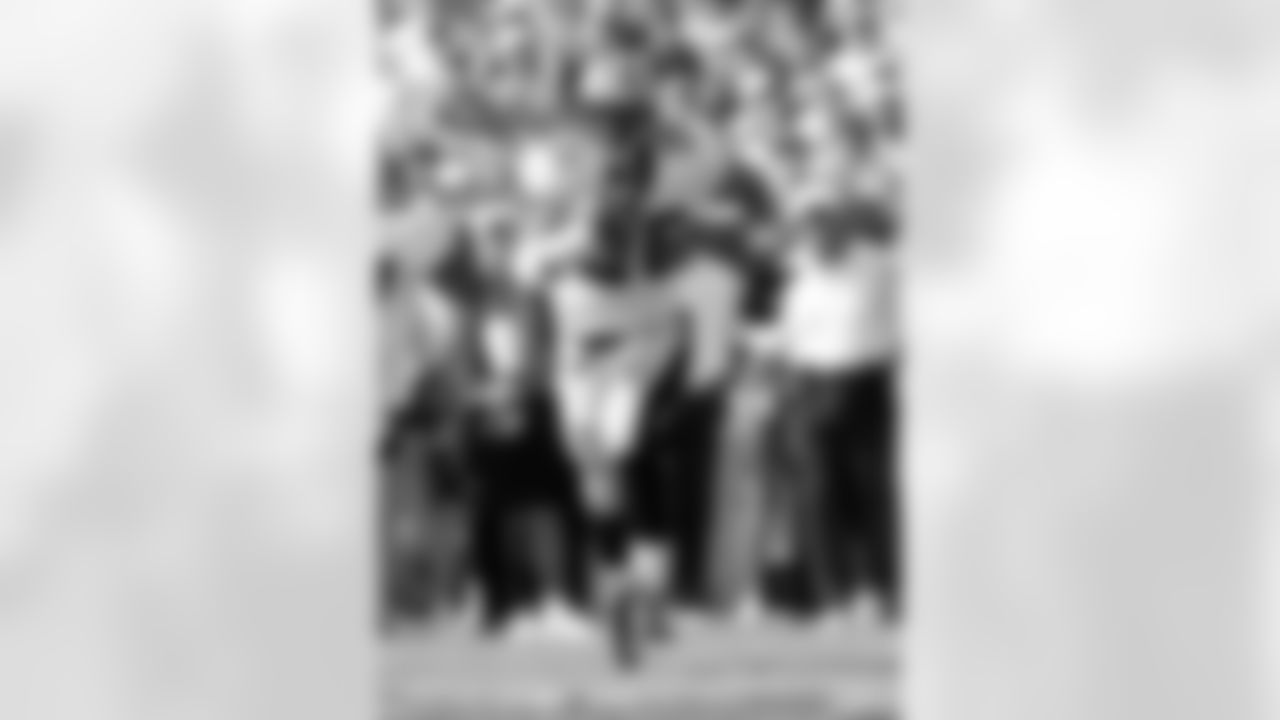
Take a look back on Saints Hall of Famer Deuce McAllister's career with the New Orleans Saints as we celebrate the 20-year anniversary of his Draft selection.
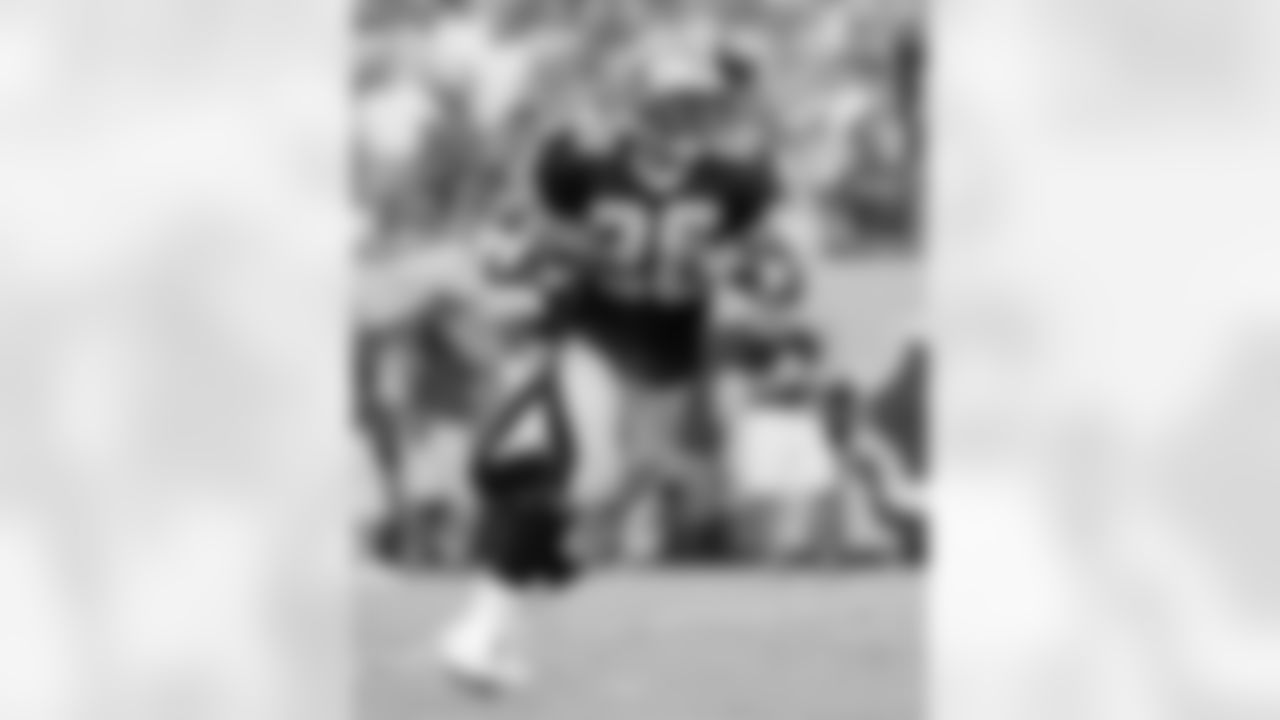
Take a look back on Saints Hall of Famer Deuce McAllister's career with the New Orleans Saints as we celebrate the 20-year anniversary of his Draft selection.

Take a look back on Saints Hall of Famer Deuce McAllister's career with the New Orleans Saints as we celebrate the 20-year anniversary of his Draft selection.
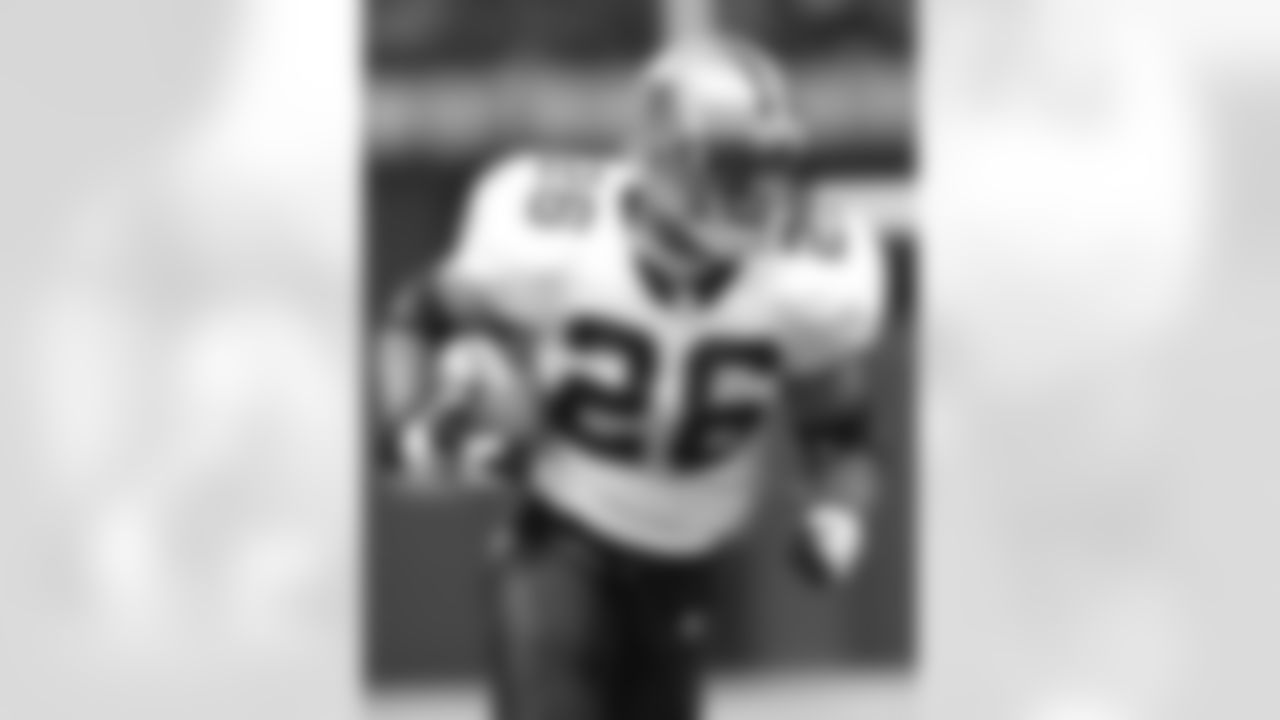
Take a look back on Saints Hall of Famer Deuce McAllister's career with the New Orleans Saints as we celebrate the 20-year anniversary of his Draft selection.
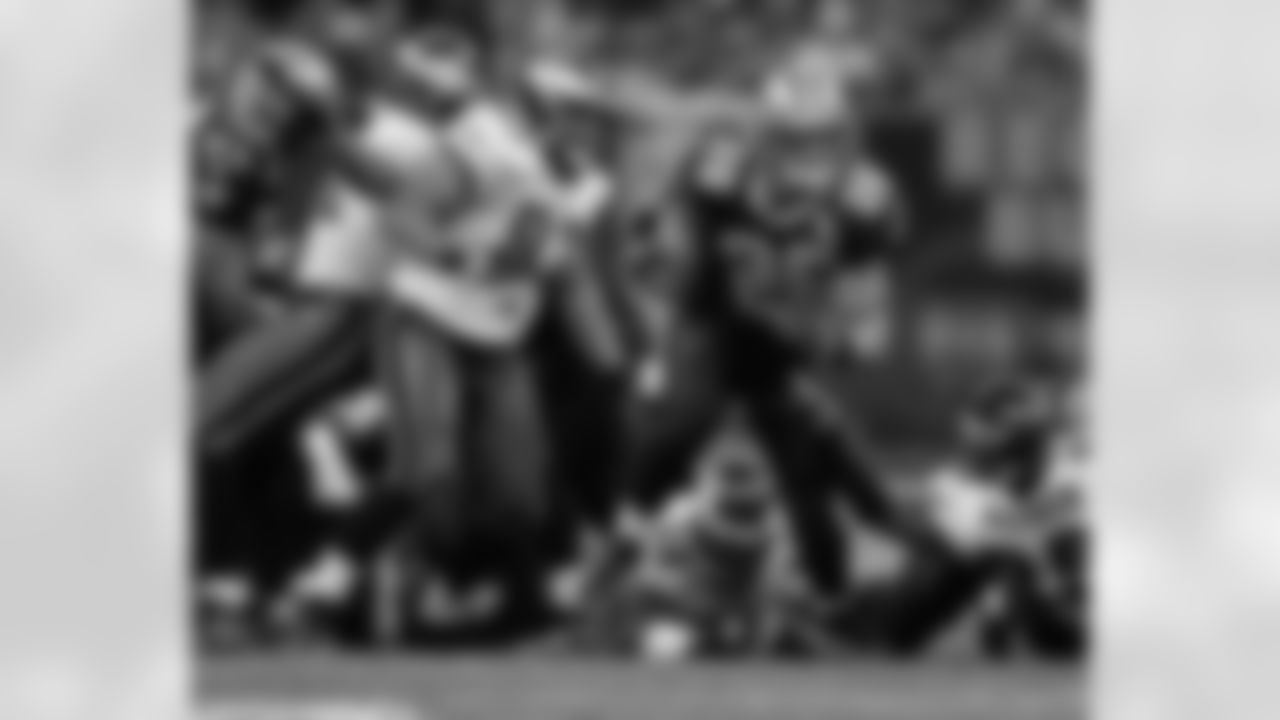
Take a look back on Saints Hall of Famer Deuce McAllister's career with the New Orleans Saints as we celebrate the 20-year anniversary of his Draft selection.
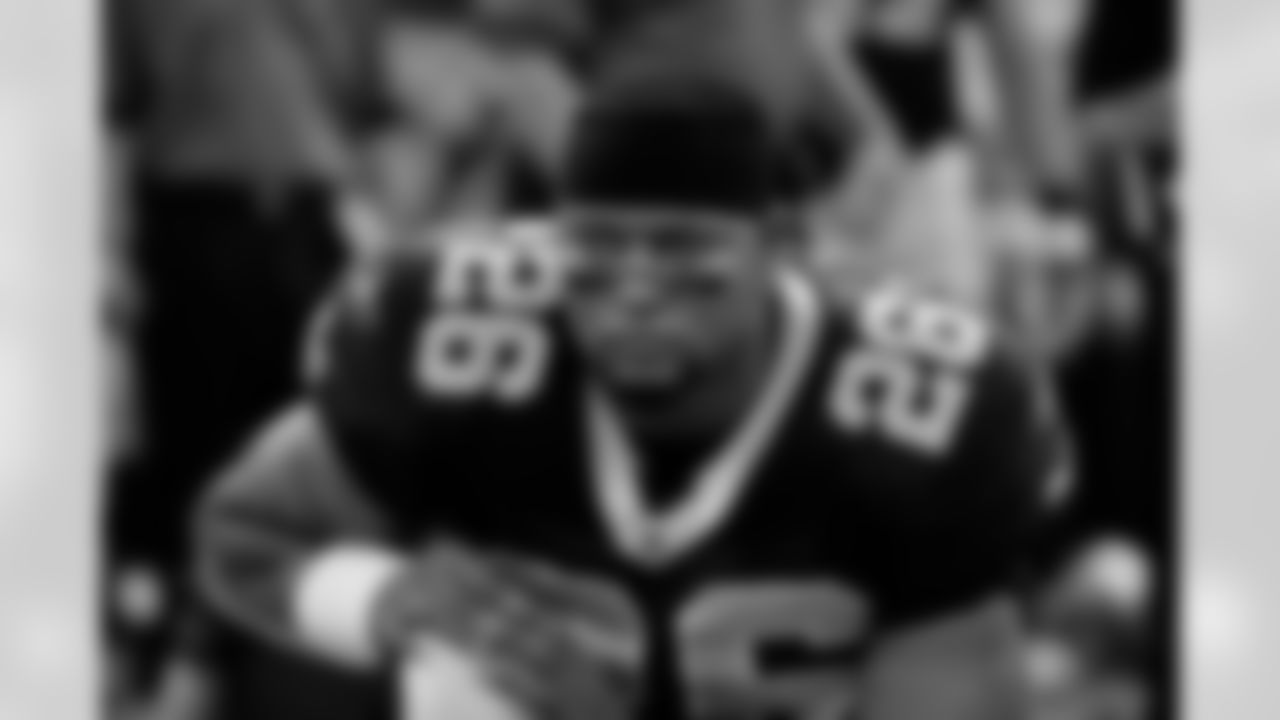
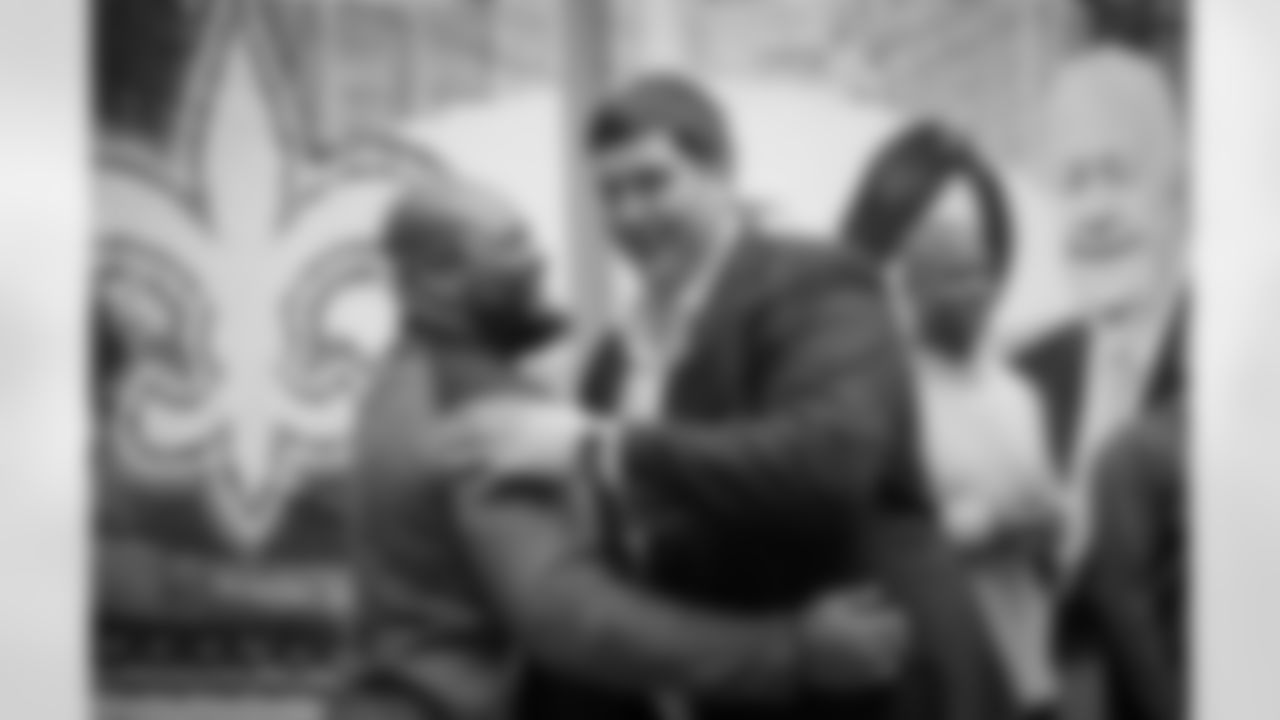
Take a look back on Saints Hall of Famer Deuce McAllister's career with the New Orleans Saints as we celebrate the 20-year anniversary of his Draft selection.
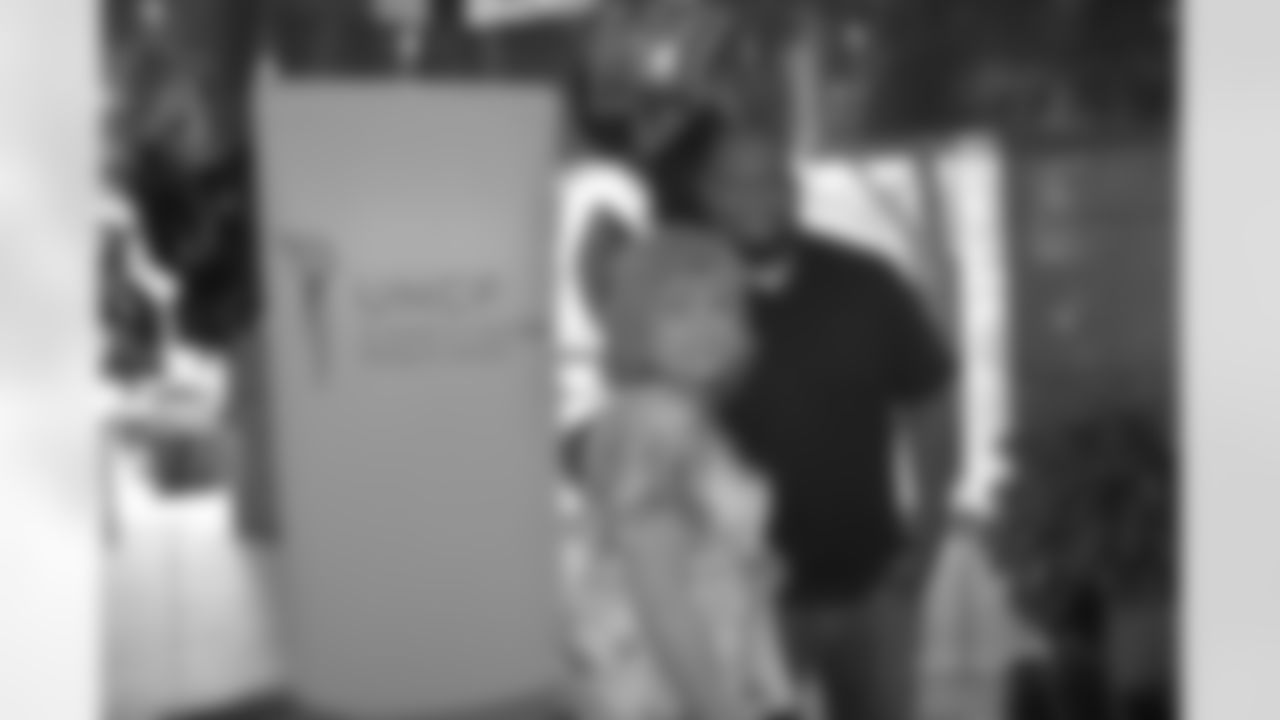
Take a look back on Saints Hall of Famer Deuce McAllister's career with the New Orleans Saints as we celebrate the 20-year anniversary of his Draft selection.
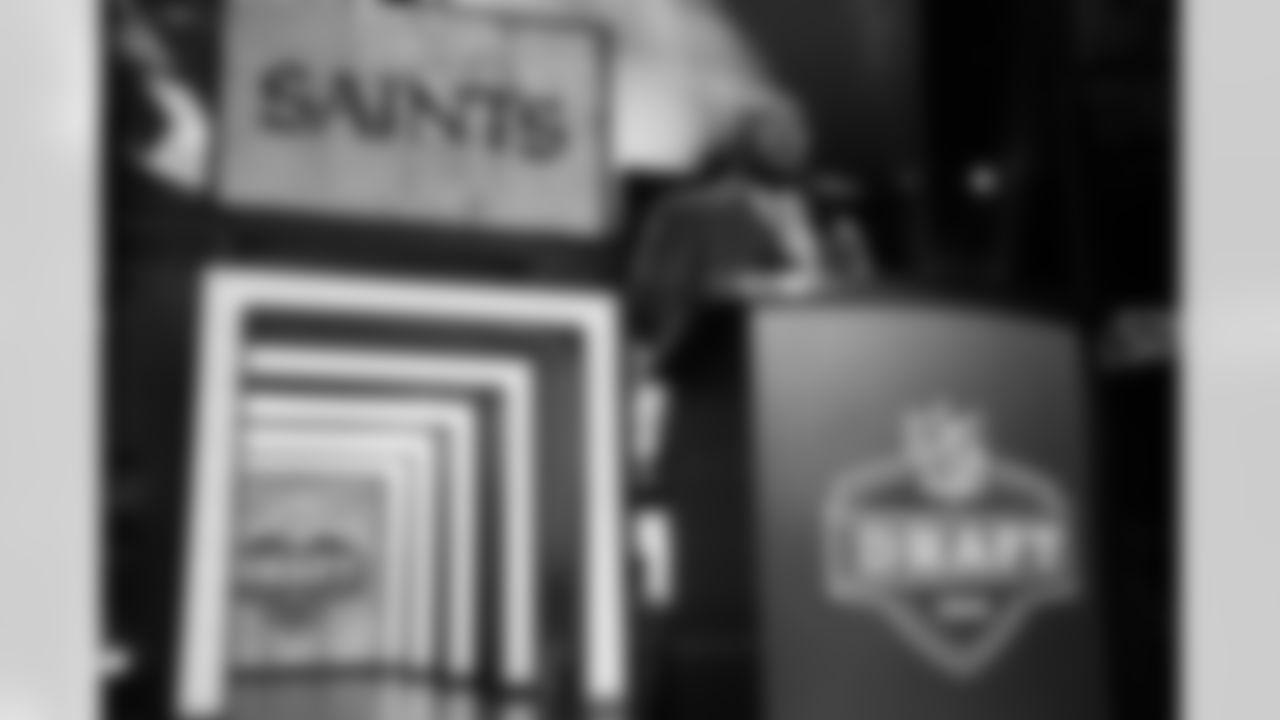
Take a look back on Saints Hall of Famer Deuce McAllister's career with the New Orleans Saints as we celebrate the 20-year anniversary of his Draft selection.

Take a look back on Saints Hall of Famer Deuce McAllister's career with the New Orleans Saints as we celebrate the 20-year anniversary of his Draft selection.

Take a look back on Saints Hall of Famer Deuce McAllister's career with the New Orleans Saints as we celebrate the 20-year anniversary of his Draft selection.

DeShazier: When the Saints pick you, and they already have Ricky Williams, what goes through your mind?
Deuce: Why (laughing). Why are you picking me when you just traded a bounty of picks to be able to acquire Ricky Williams just a couple of years earlier? At that point, though, I'm truly, truly relieved because I'm off the board, and I have a home. But I didn't know if that was going to be a long-term home for myself and what's interesting is, I was on the phone as well with the Minnesota Vikings. They basically told me, we think New Orleans is going to take you but if they don't take you, we're going to take you. And so, it was like, 'Man, I've got two teams that really, really want me at this point.' And I had spoken to a few other teams that were trying to move up or make some moves to draft me, but it never really unfolded. And this was an actual team that had an actual pick, just telling me, look, we are going to take you. So I was definitely relieved.
DeShazier: What did the Saints tell you? Did they tell you anything specific about your role?
Deuce: No, they basically just told me, 'We ran a couple of scenarios that we thought maybe you would fall, but definitely didn't think that you would fall here. We felt like we would have to move up to take you, but we're happy to have you. We know that you're disappointed that you didn't get picked high, but we think that we have a good plan for you.' Jim Haslett was the coach, Mike McCarthy was the offensive coordinator and Randy Mueller was the GM. So it was basically like, we have a plan for you. For myself, the question of what do you do as far as myself and Ricky, it didn't really come up at that point. It was just happy to be able to say, 'You're our pick, we're happy to have you and we think highly of you.'
DeShazier: The athlete's creed is to always prepare like you're the starter. Was that something that you were able to establish in your mind from the beginning?
Deuce: No, you need reps to actually prepare in that manner. In the classroom, yes, you can try to pick up as much information and knowledge as you can. But you needed the reps. And one thing I must say about Ricky Williams (is), Ricky worked. Ricky worked. Ricky wanted to take – if we were running 10 plays or 12 plays in a script or in a series or a set or whatever that drill was, Ricky was going to take either 10 of 10, or nine of 10, or 12 of 12. In practice it was phenomenal to be able just to watch him go out there and work and say, 'I want all the plays.' That was one thing that, unless it was a specific play for myself, I never got the reps. I never got the specific reps to be able to go out there and do it. And so, from a preparation standpoint, yes, you saw it in the classroom but I never got enough of the reps on the field to really feel like I'm preparing to be a starter or if something happens, I can step right in and you're going to be comfortable in that standpoint.
DeShazier: What was the process like for you leading up to the draft? It wasn't as glamorous as it is now with the pro days being televised and those kinds of things.
Deuce: It was pretty good, as far as the draft was concerned. I really worked out in two different places. I worked out in Arizona and then I worked out in Pittsburgh. I wanted to squash any questions as far as injuries were concerned with me. That was one of the question marks that some teams had, or at least, some scouts had. You hear about the rumors: 'Is he healthy? Can he play through injuries? Can he play through pain?' And so, it was, you're going to go over to Pittsburgh and what was interesting about that is, to this day, the Pittsburgh Steelers still share their facility – particularly the indoor facility – with the college team. So I got to see (Steelers receiver) Hines Ward, (running back) Jerome Bettis, just because you shared that facility with them and that's where we were staying and working out. So that was interesting. But then you talk about the offseason program, going out to Arizona. I did that; a lot of guys out there, a lot of your high draft picks. We were out there training, competing. I was with some guys that got picked high. I was with other first-round guys, or at least guys that had the talent to be able to push you as far as workouts are concerned. It was a good group, but it was definitely nothing like you see today, as far as the pro day. I didn't do all of the drills at the Combine. I didn't do weights. I weighed in and did maybe the vertical jump and some other drills. I did some of the on-field drills stuff, but most of it, I waited until I got back to Oxford (Miss., to work out for teams).
DeShazier: Were there NFL players that you were able to speak to leading up to the draft?
Deuce: There were a few guys that you talked to, but each individual player, it was a little bit different. I had veteran agents and they had a ton of NFL guys already. So just to be able to bounce some stuff of those guys. You were able to talk to them, young or old guys. But that whole process is different for each player.
DeShazier: Mississippi has had its share of great NFL players, but what did it mean for you and your hometown for you to be drafted?
Deuce: For me, personally, I wanted my name called. I wanted my name called. My hometown, specifically, at that time we had had another individual, he didn't get drafted but he at least signed an NFL contract. But my county, the county that I'm from, when I came out we've had five guys that have played in the NFL. So, to be as small as we are as far as a county is concerned, that was something that was big. We'd had other guys that I played against in high school, and some were before me, those guys were draft picks. And we've had one that was a first rounder. And so, for me to be able to say I was a first-rounder, not only for my town but for our county – Scott County – that was something that was big. So it just showed the other kids that were looking up to me, look, Mike did it, Todd did it, Deuce did it, Rashad did it. You can go out there and do it as well. We've had three other kids, from our little town since I've been drafted, that have done so as well.






